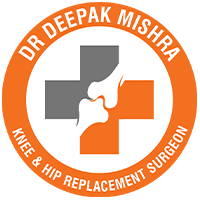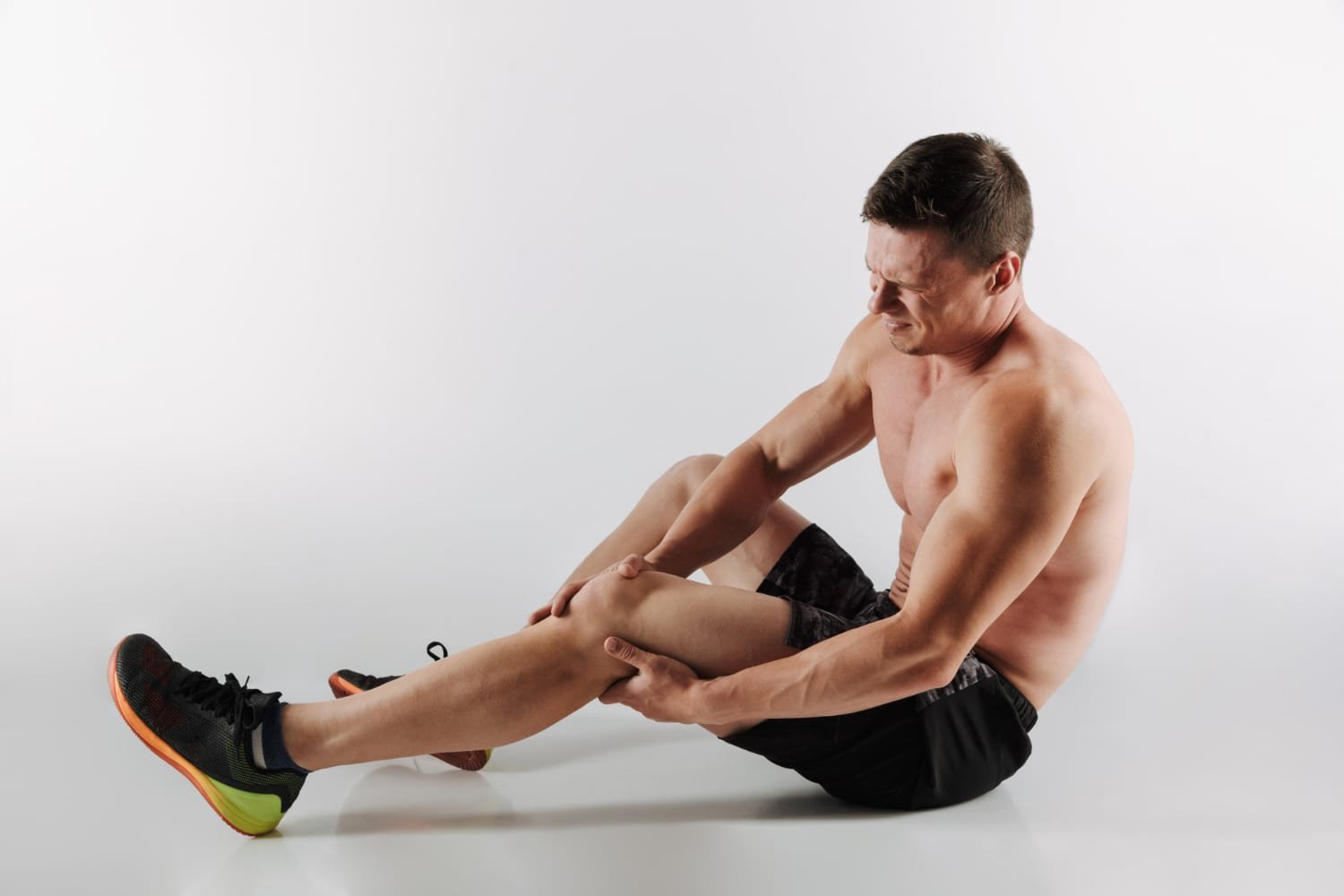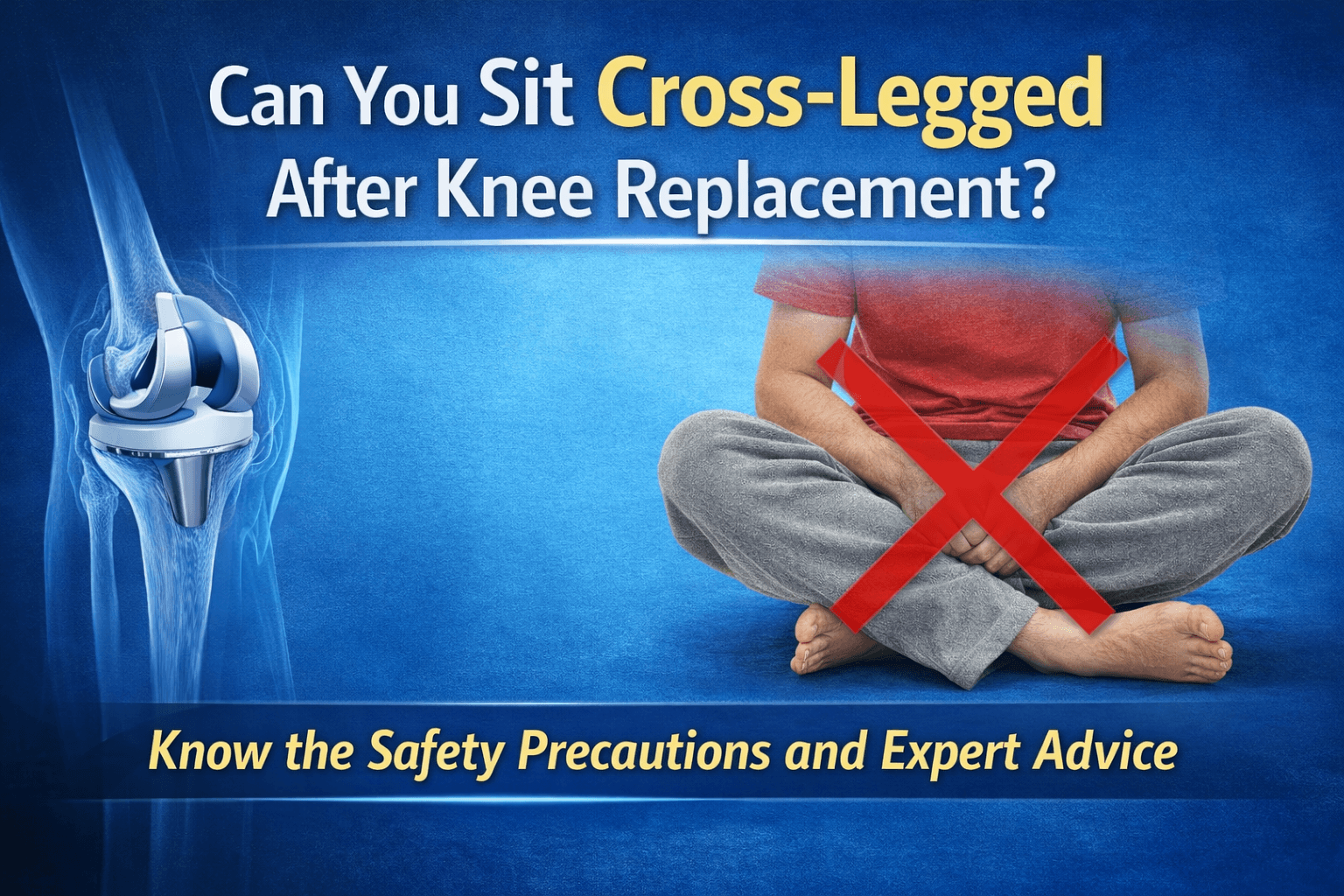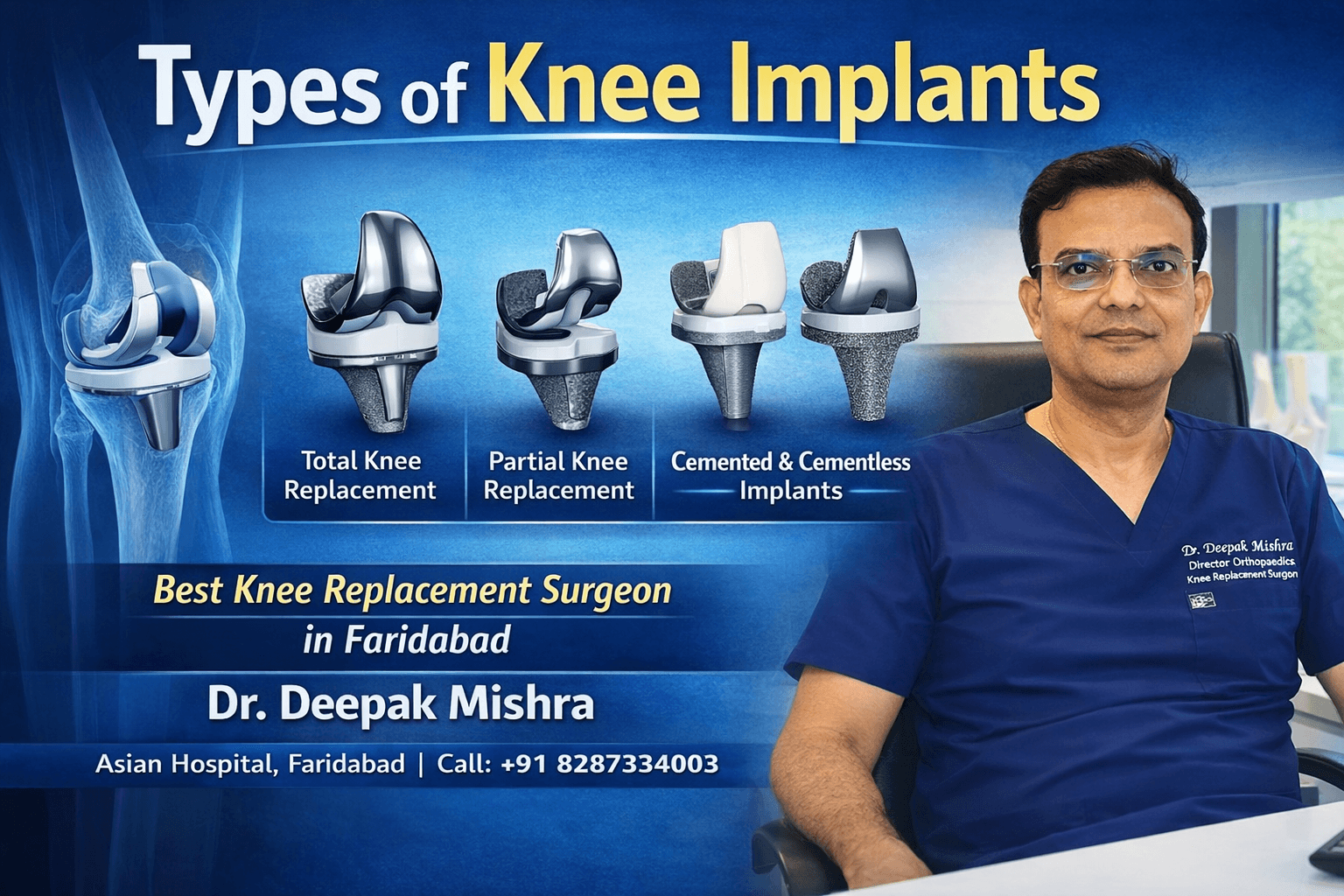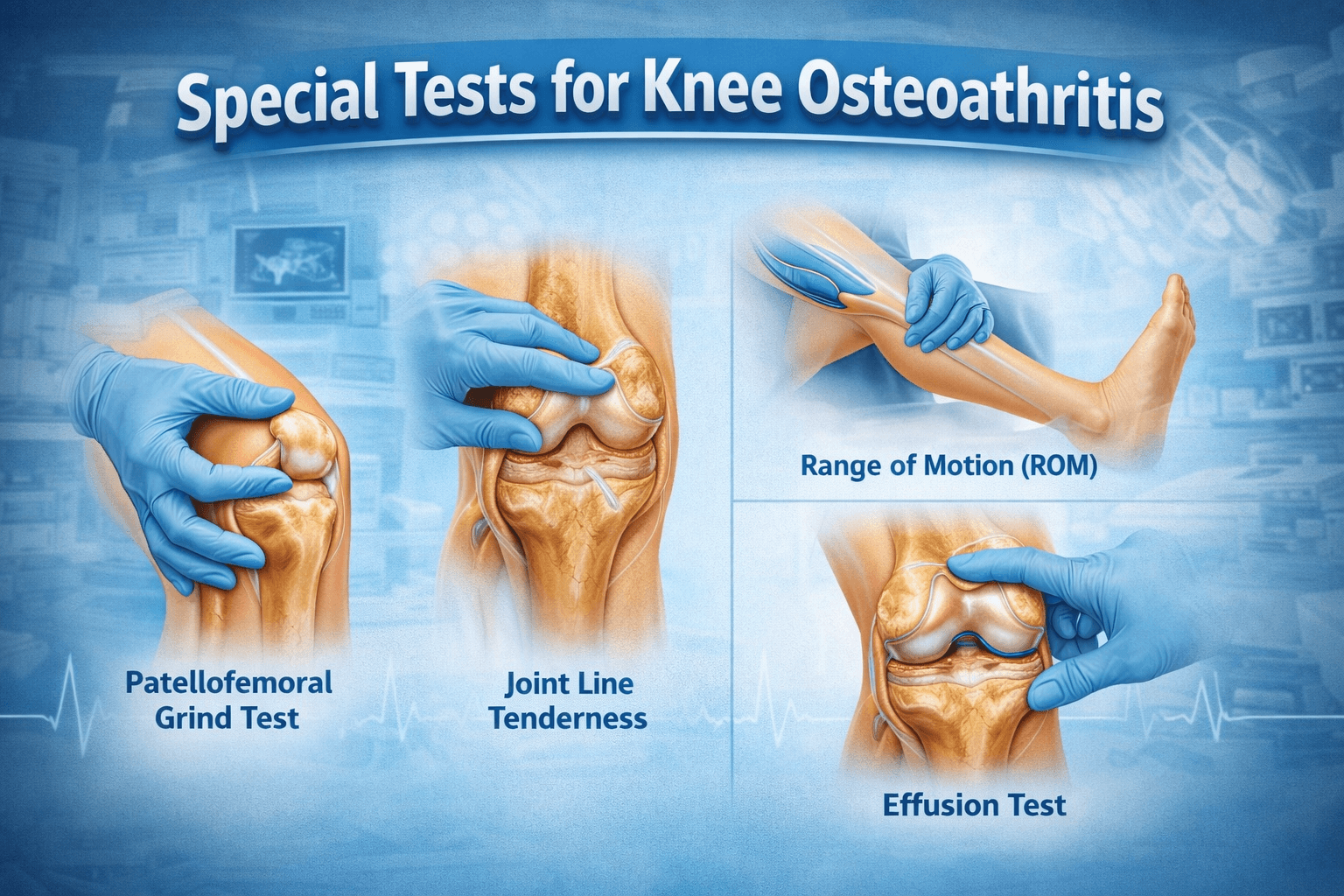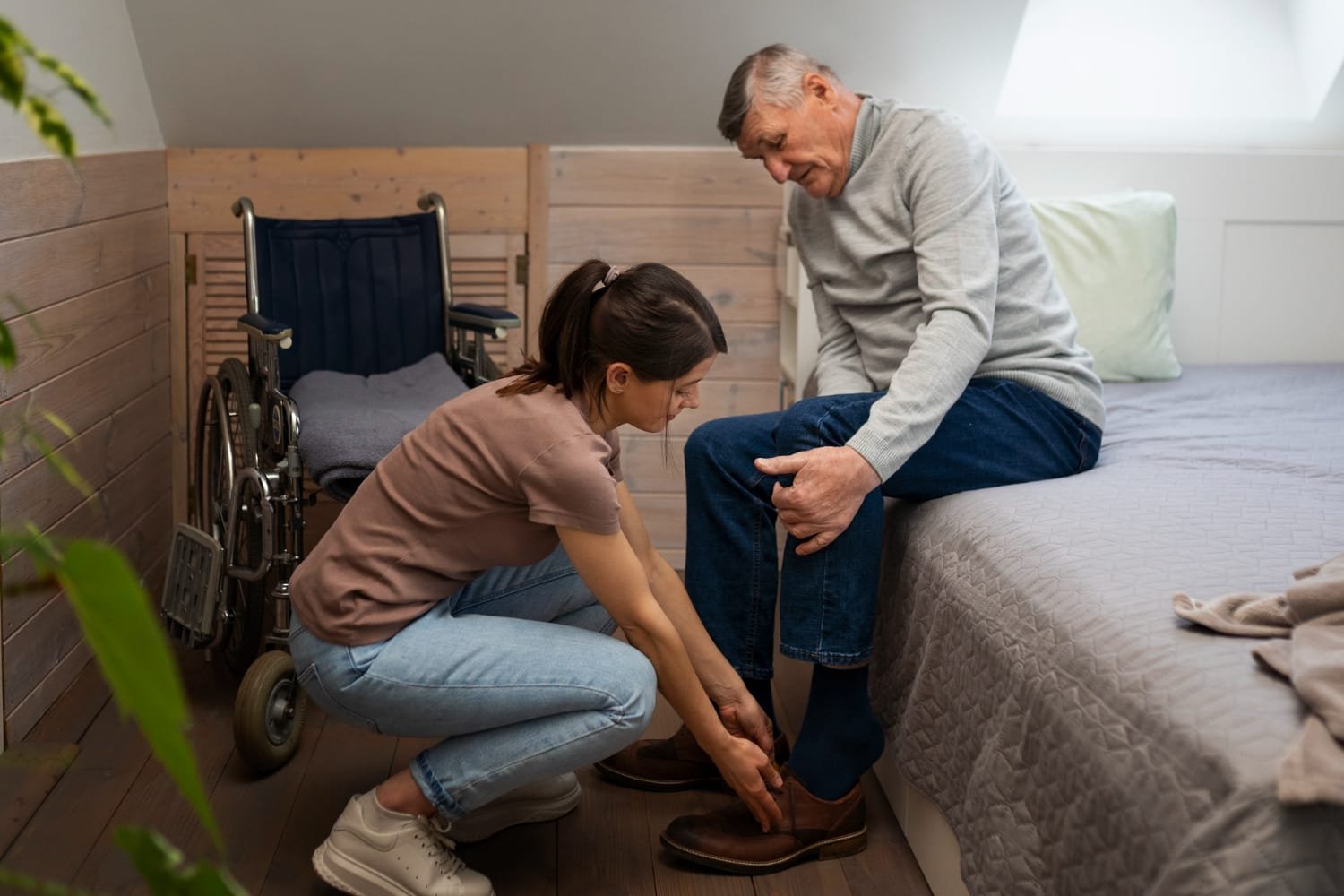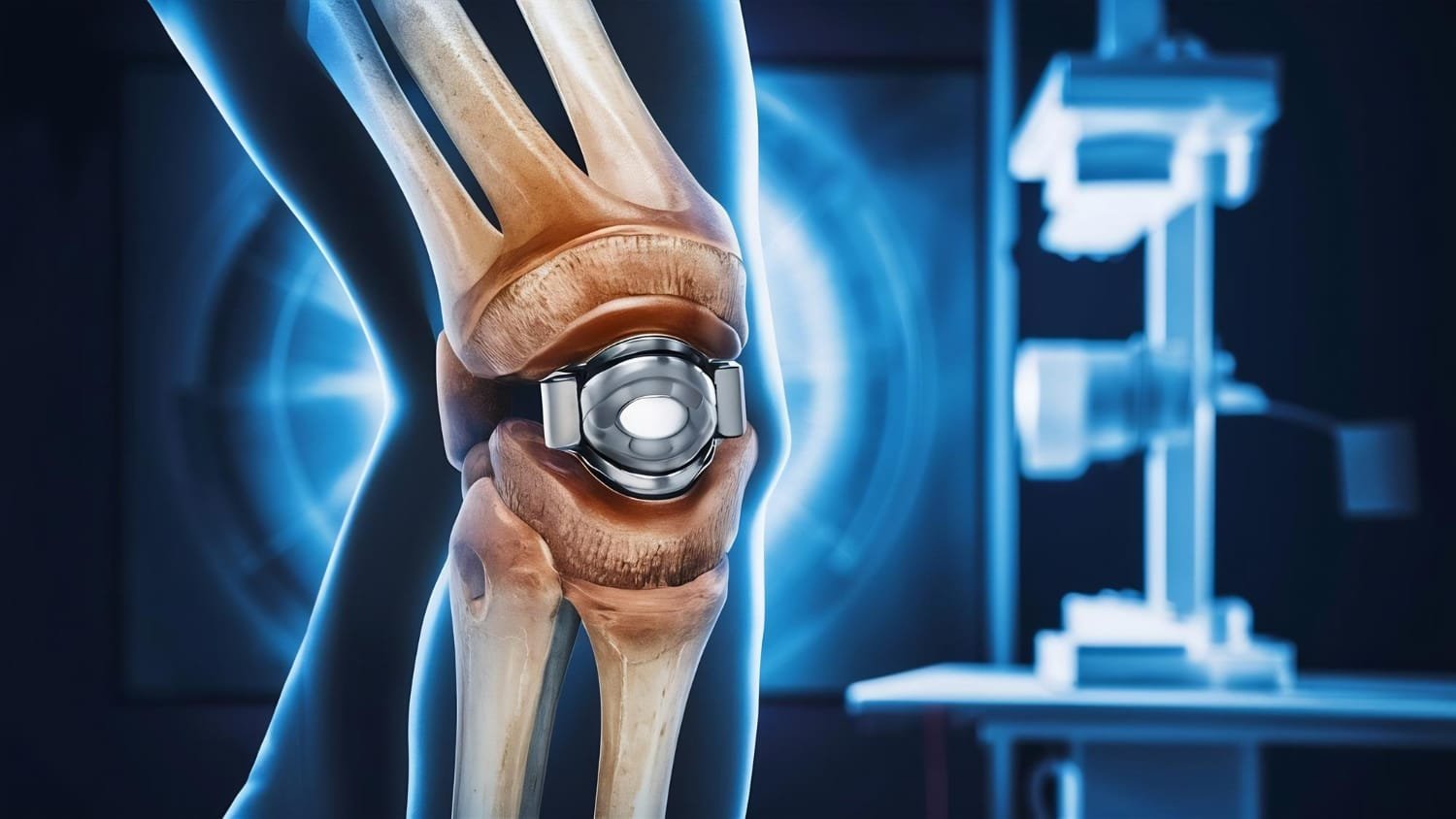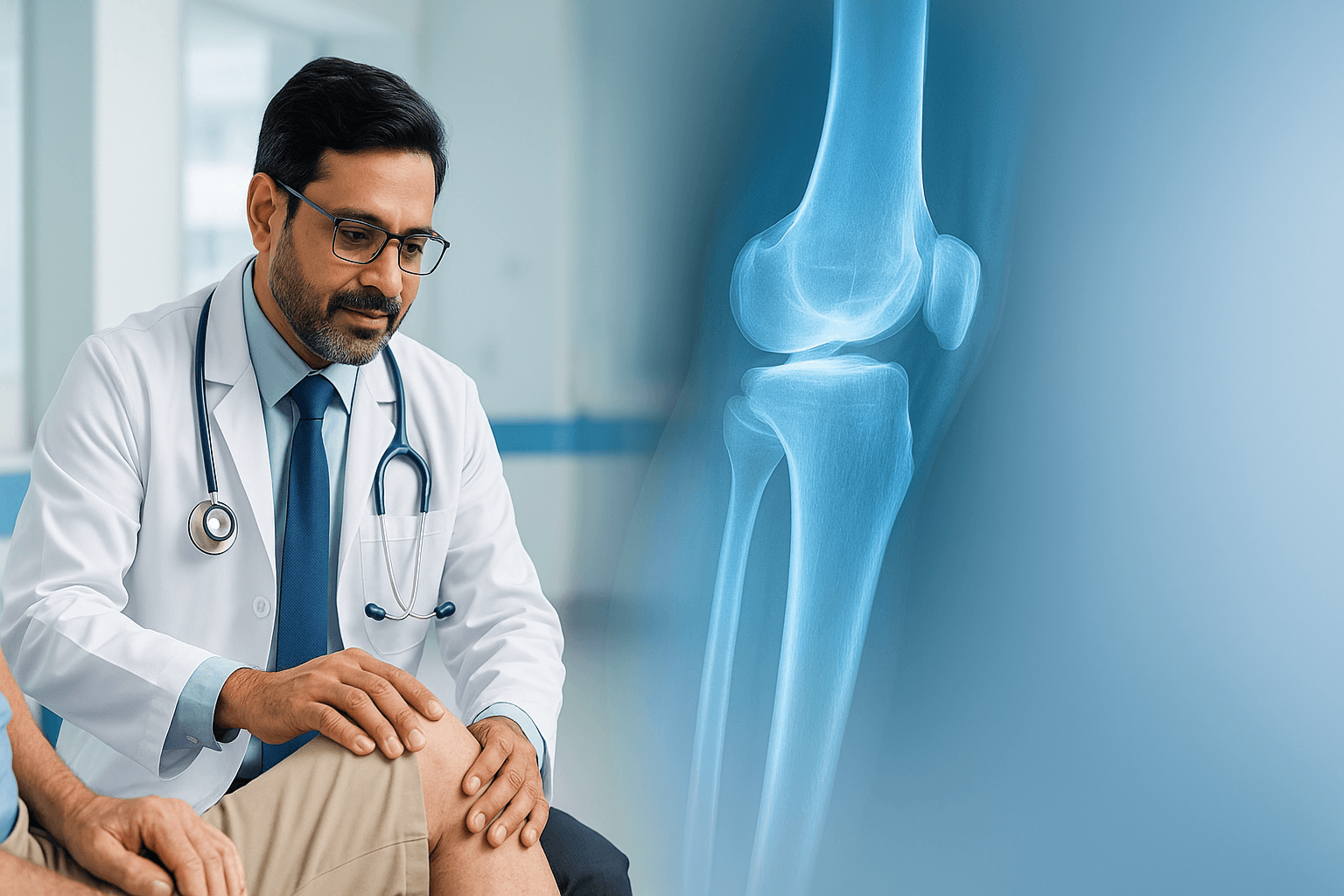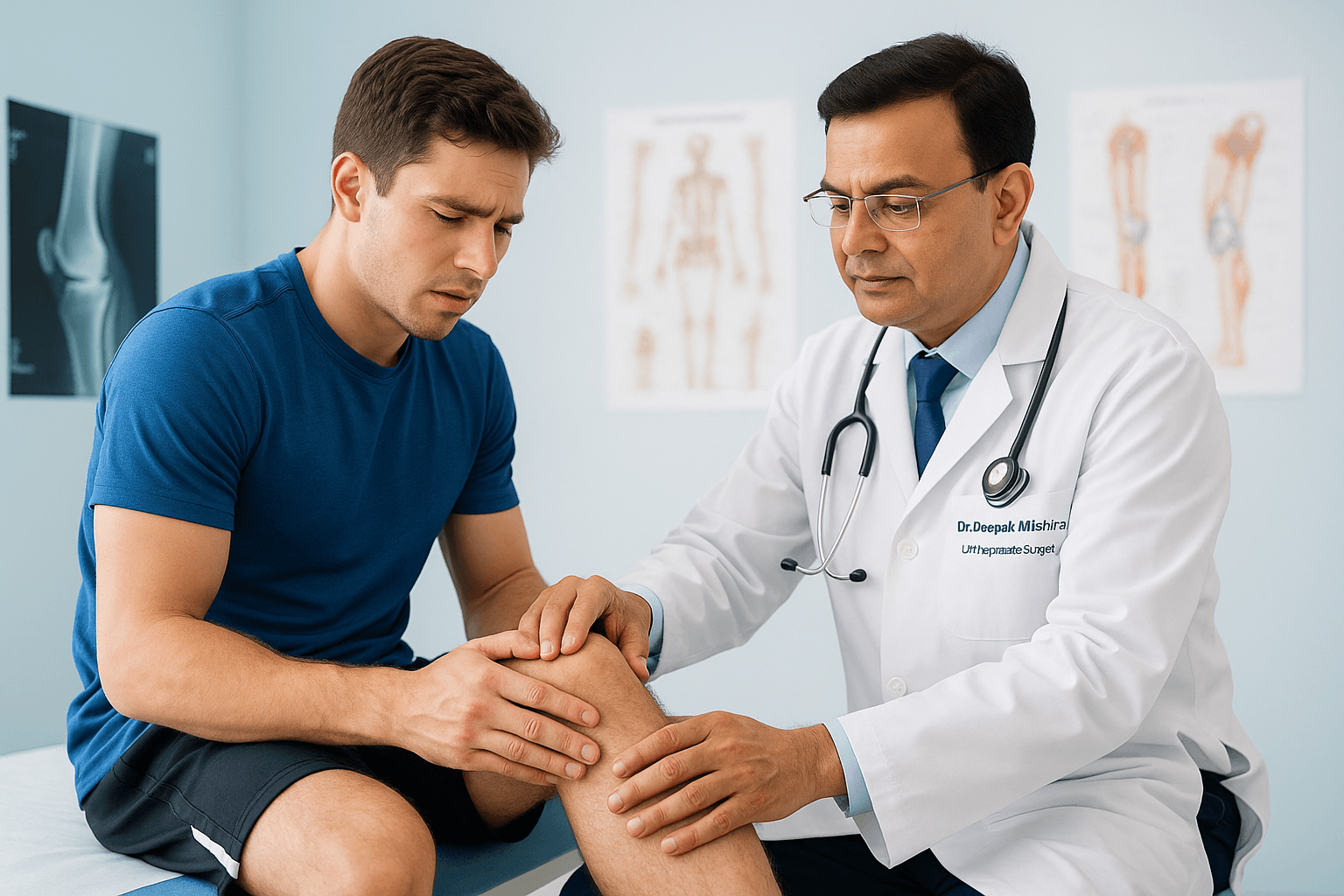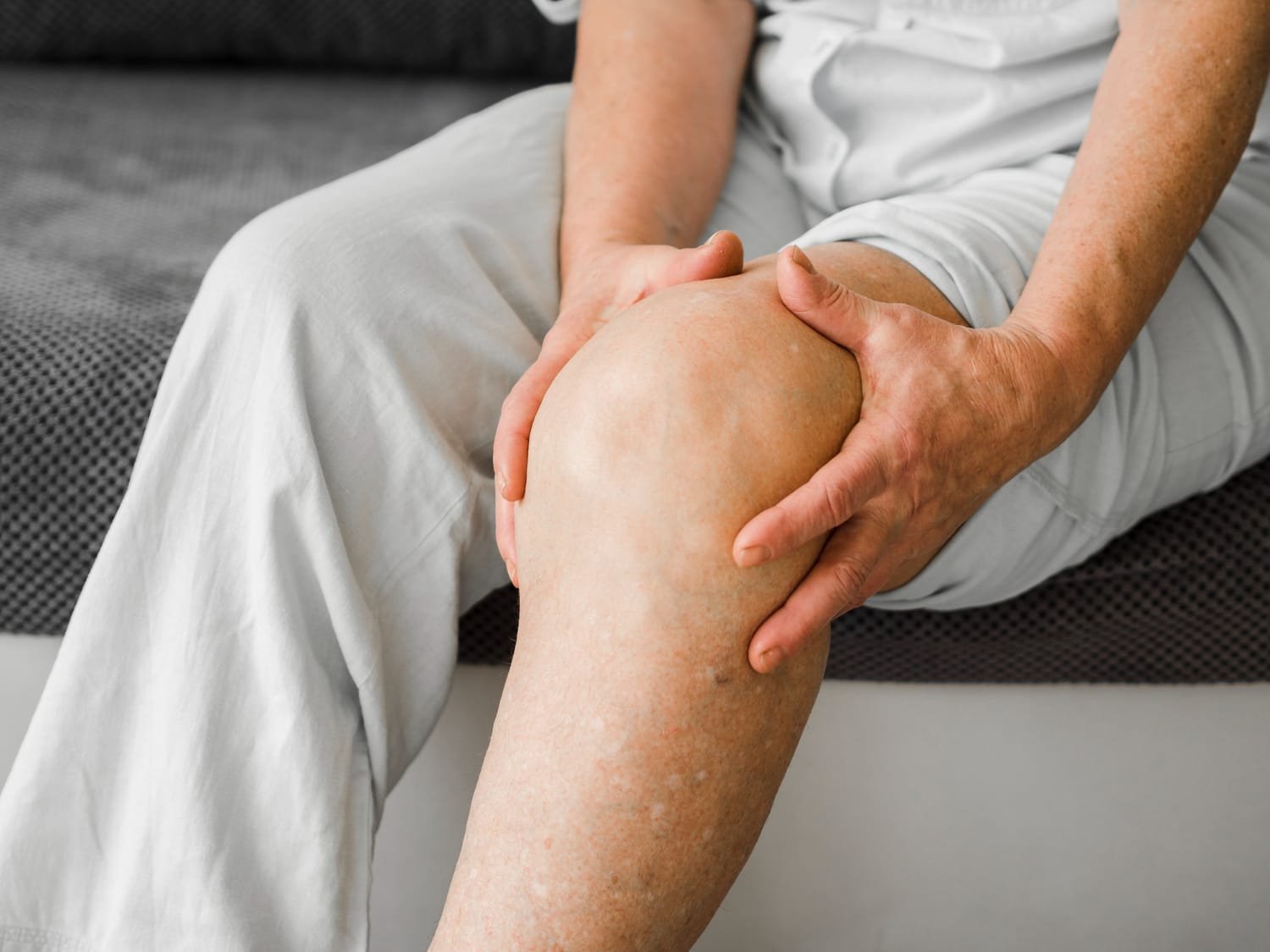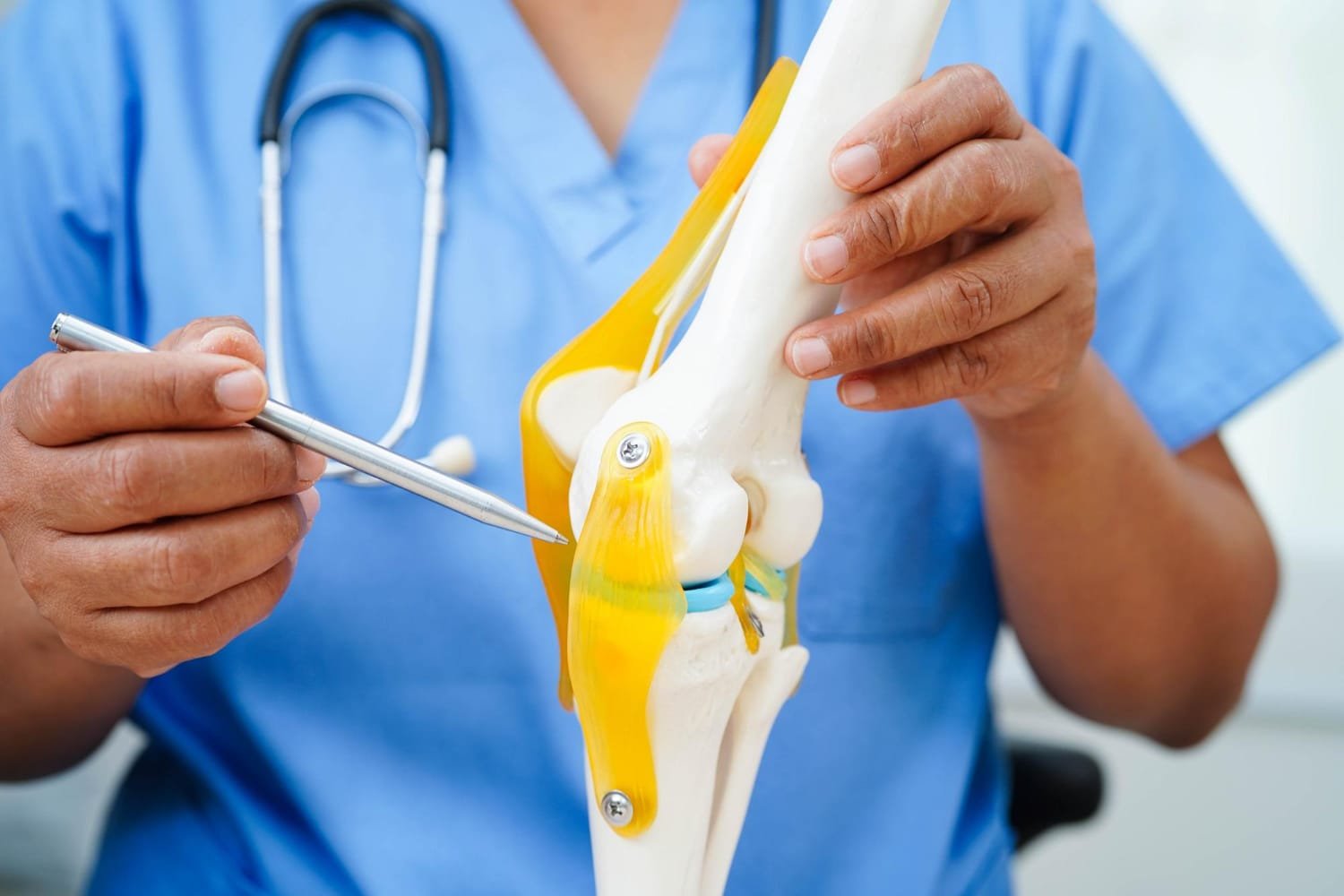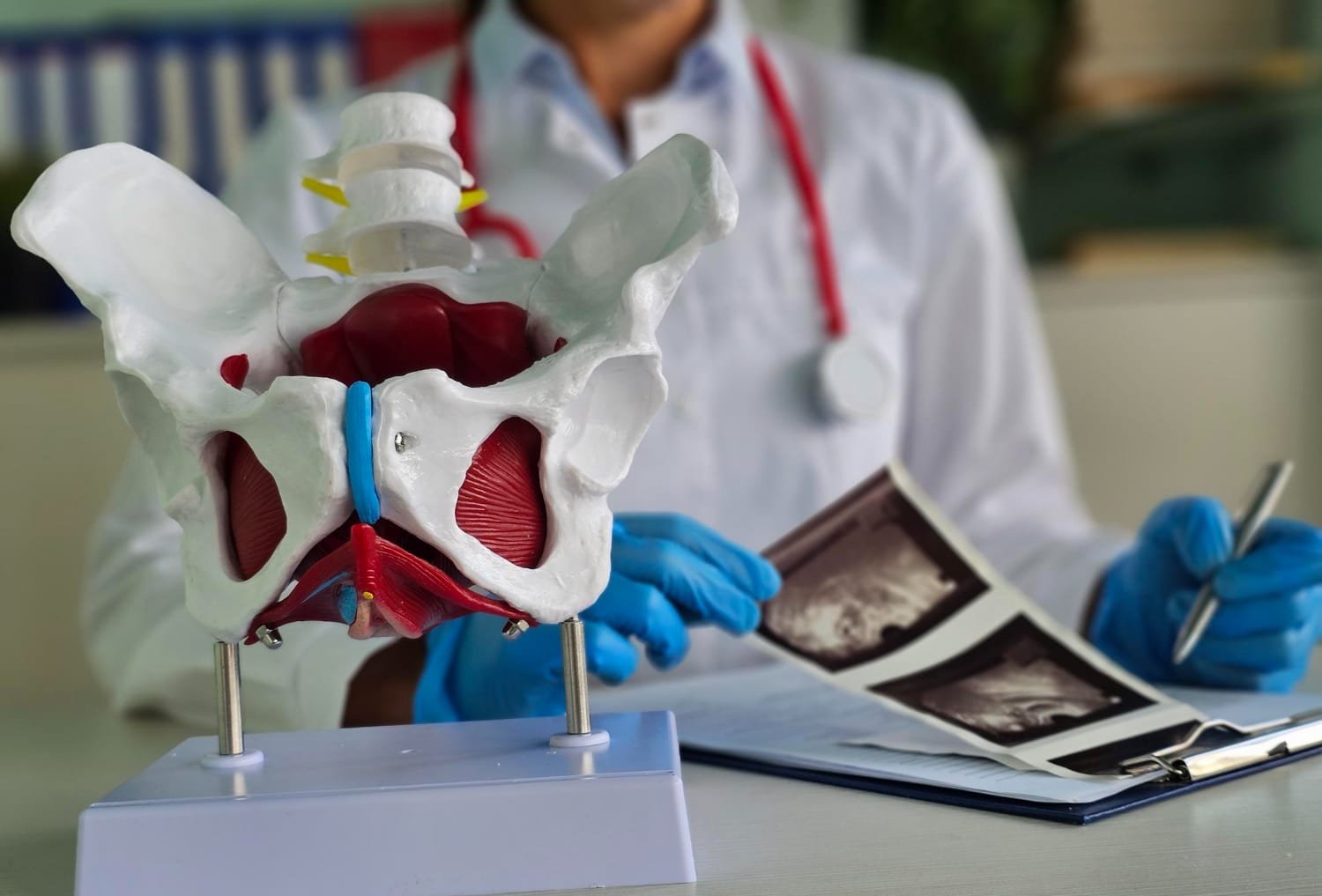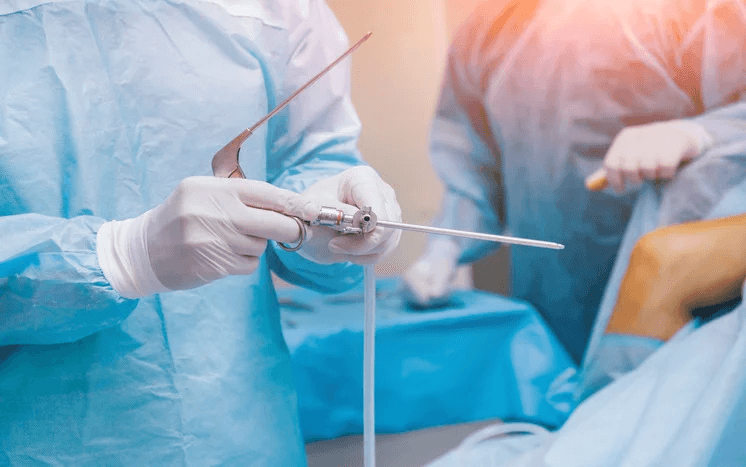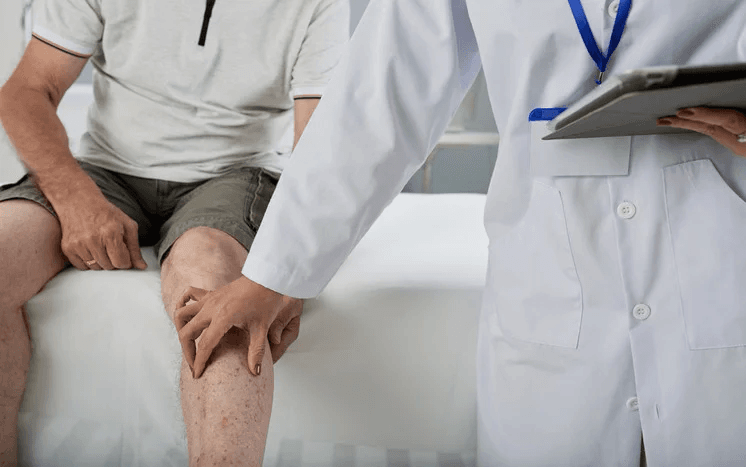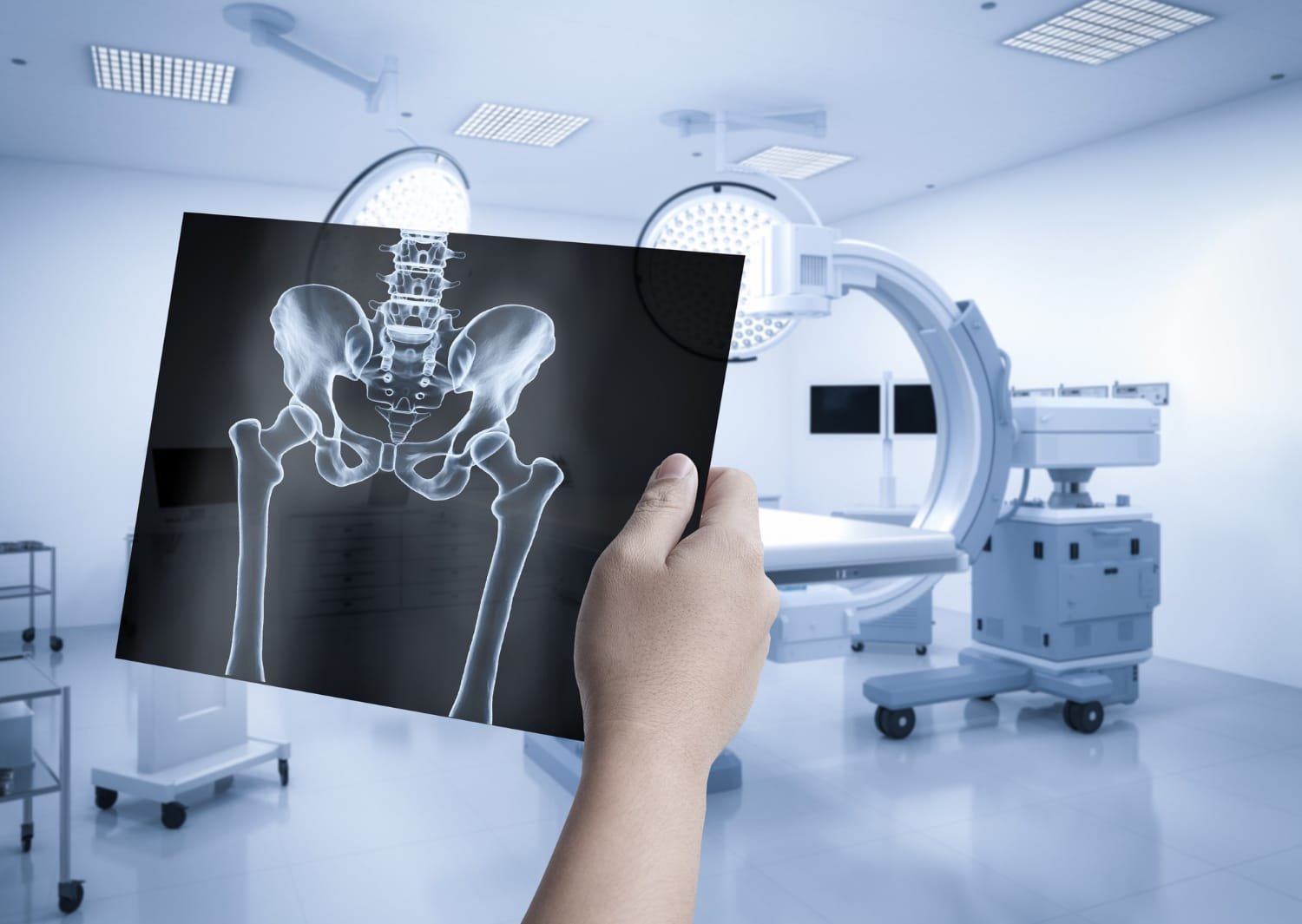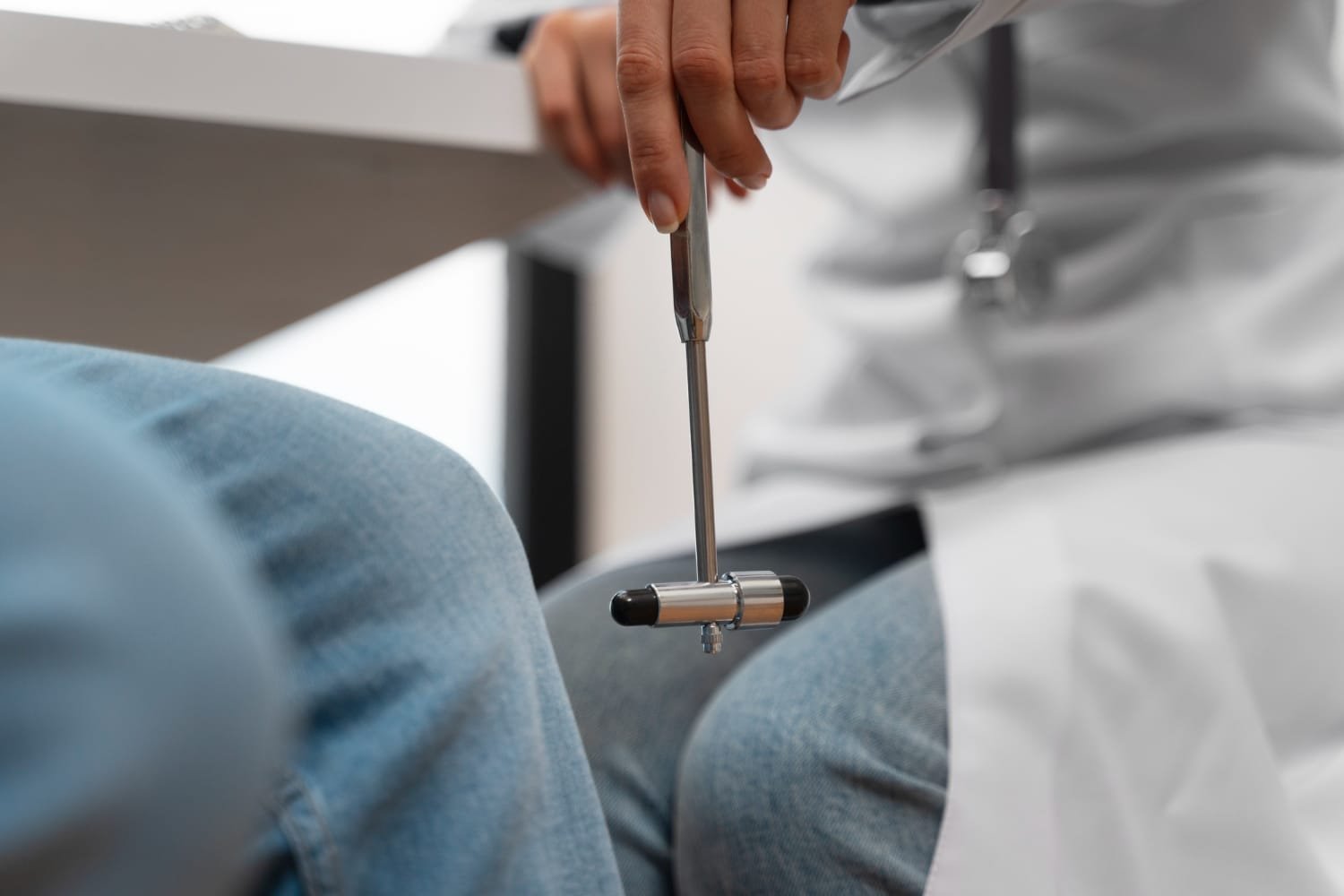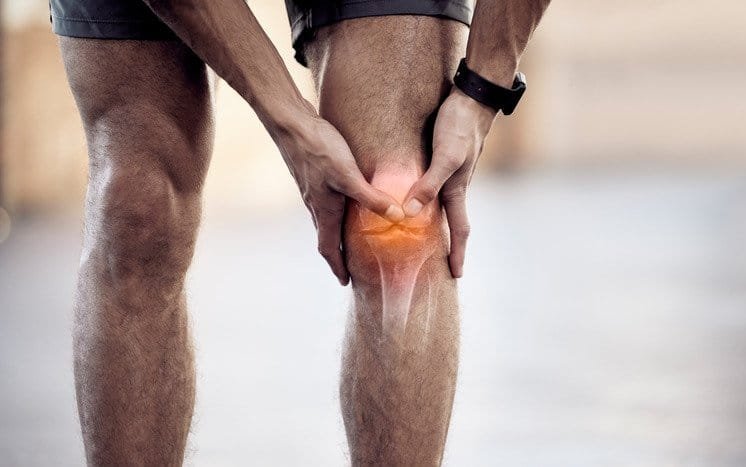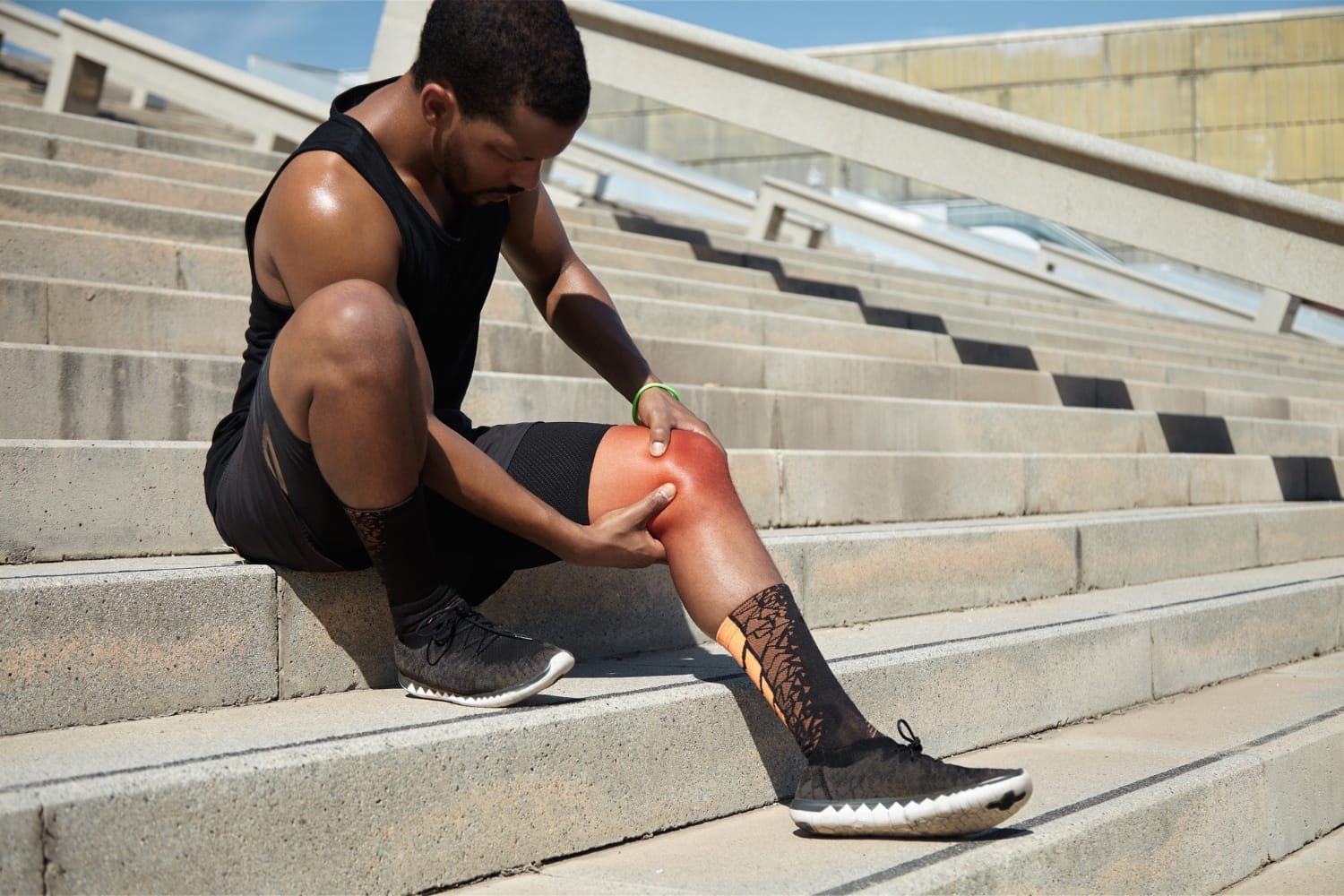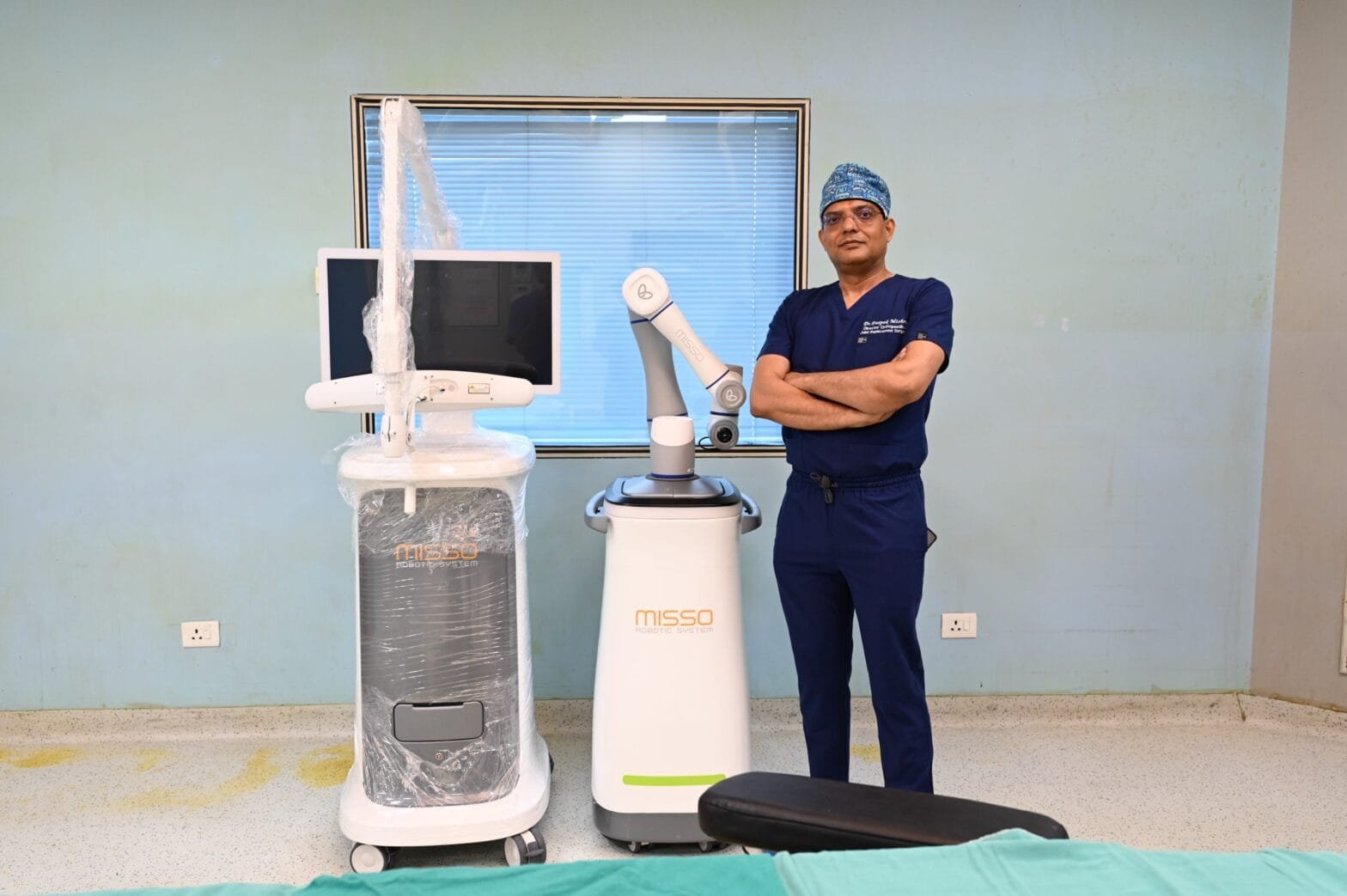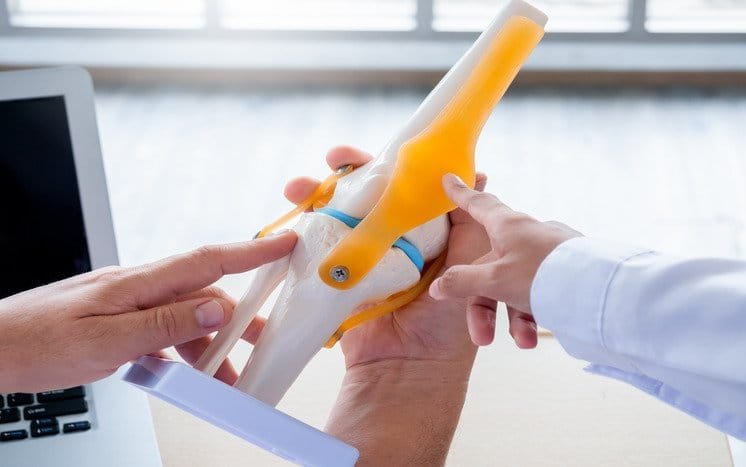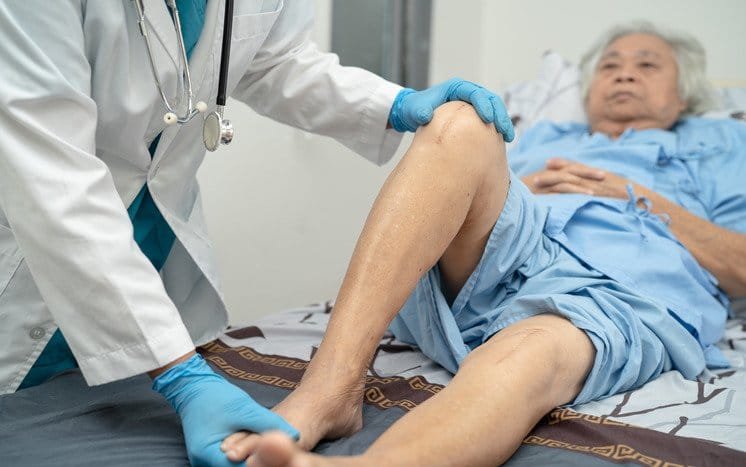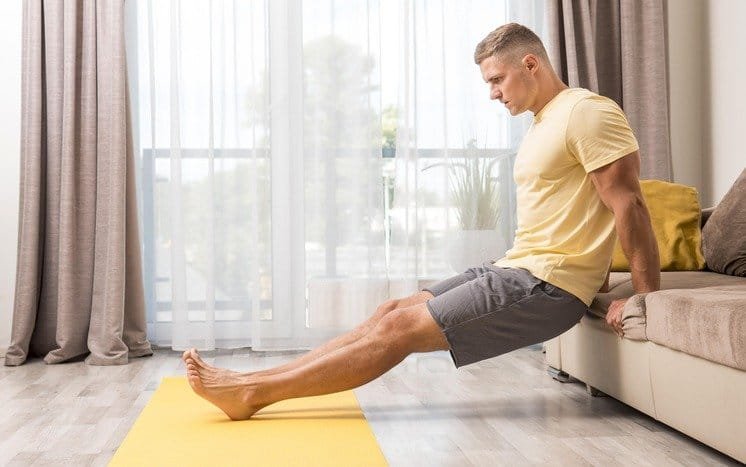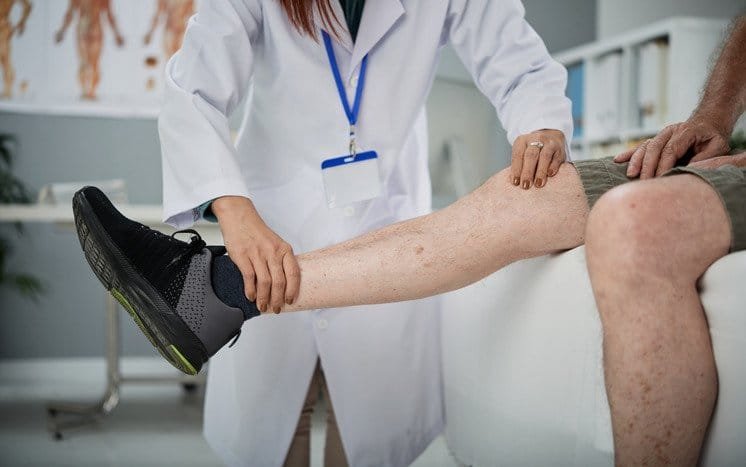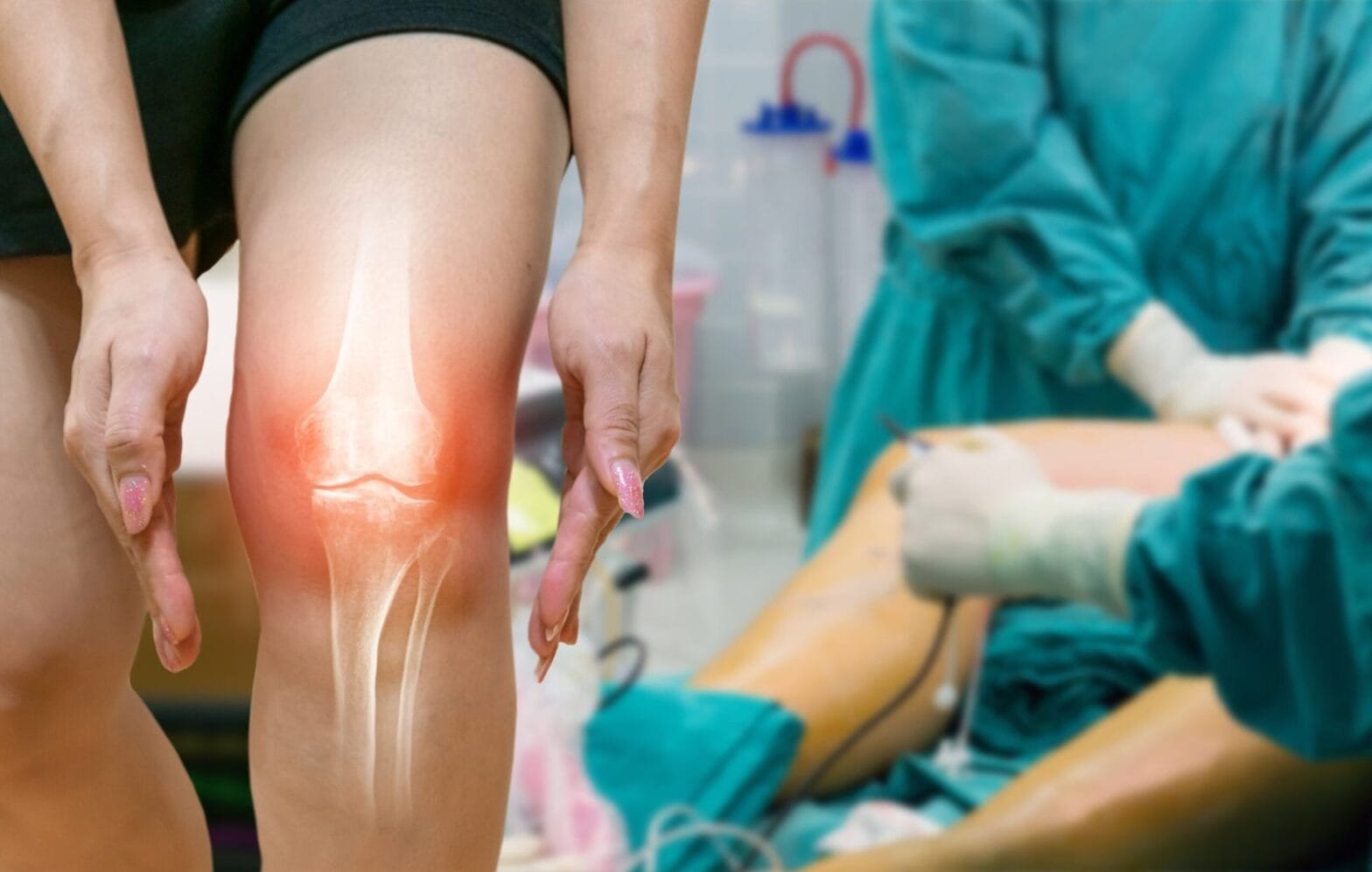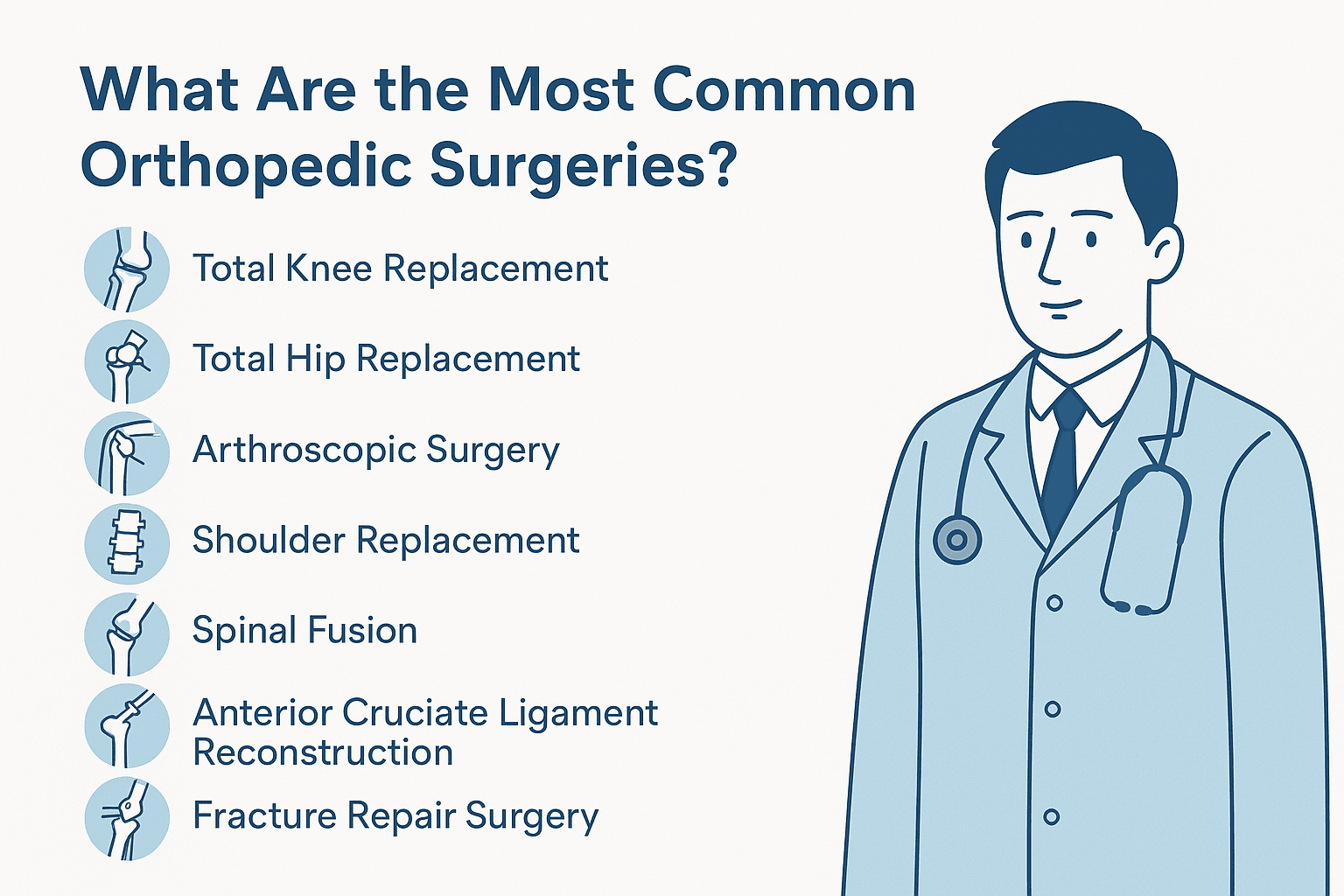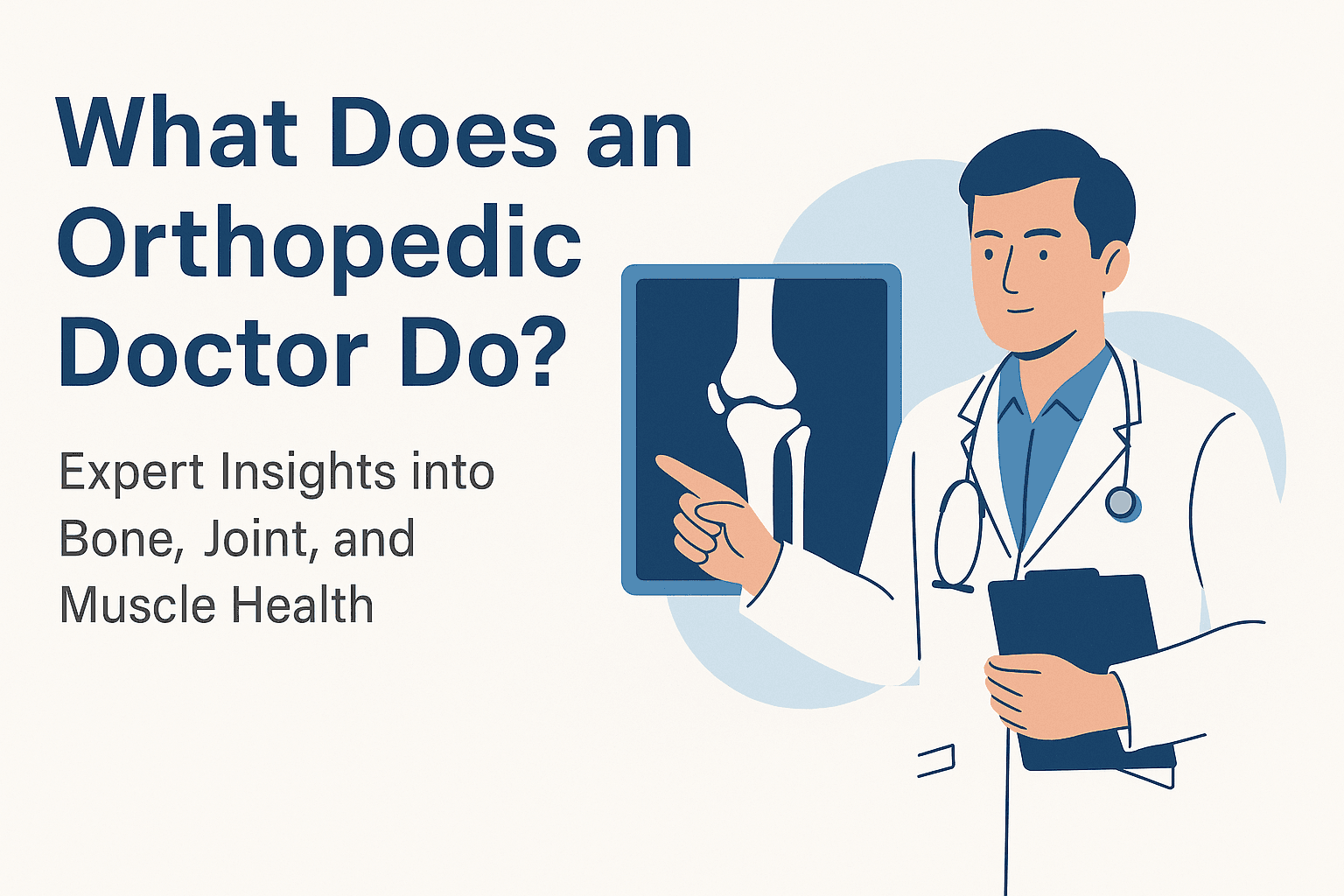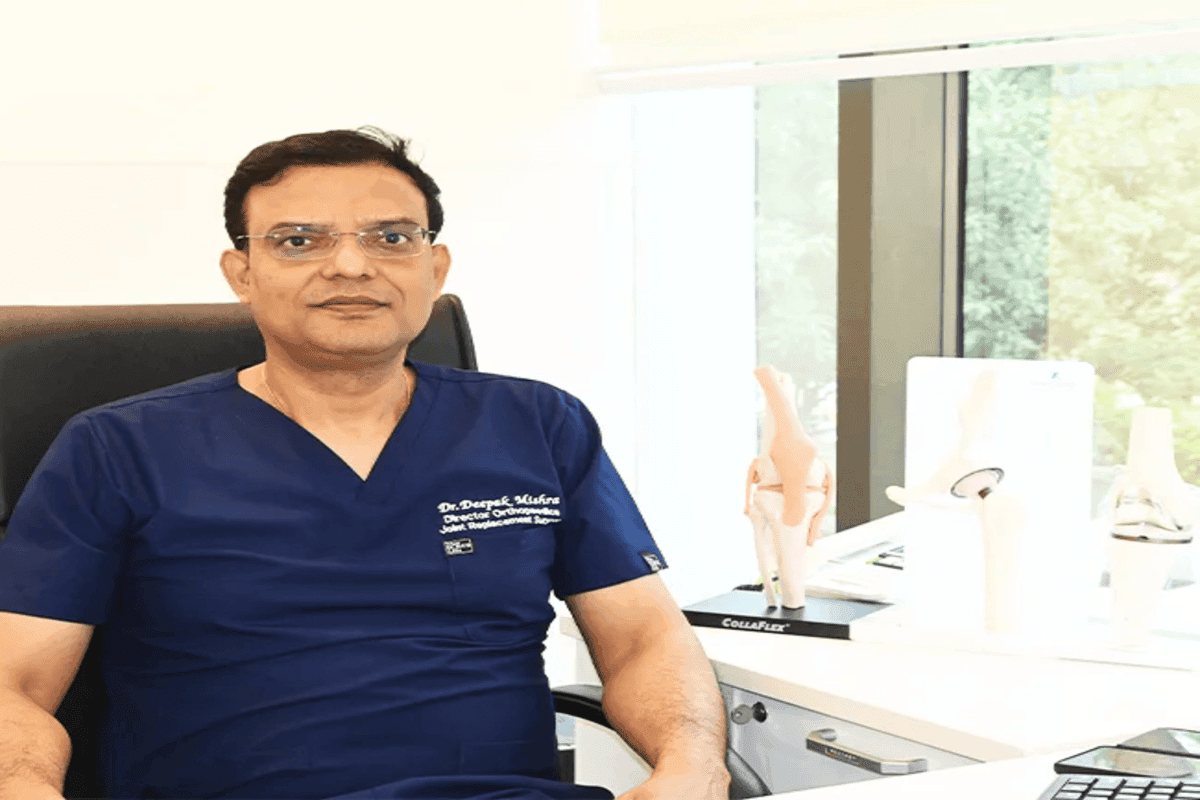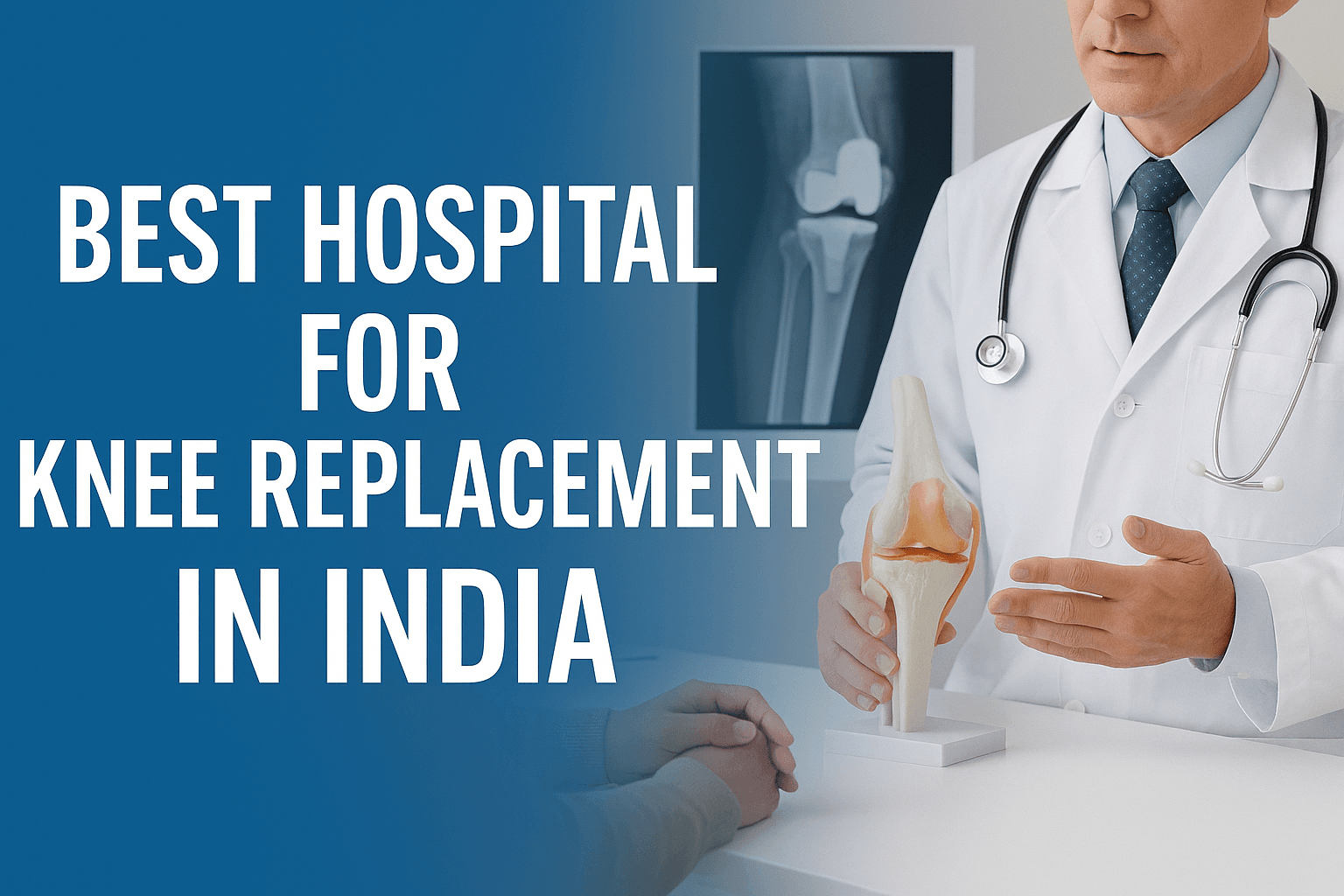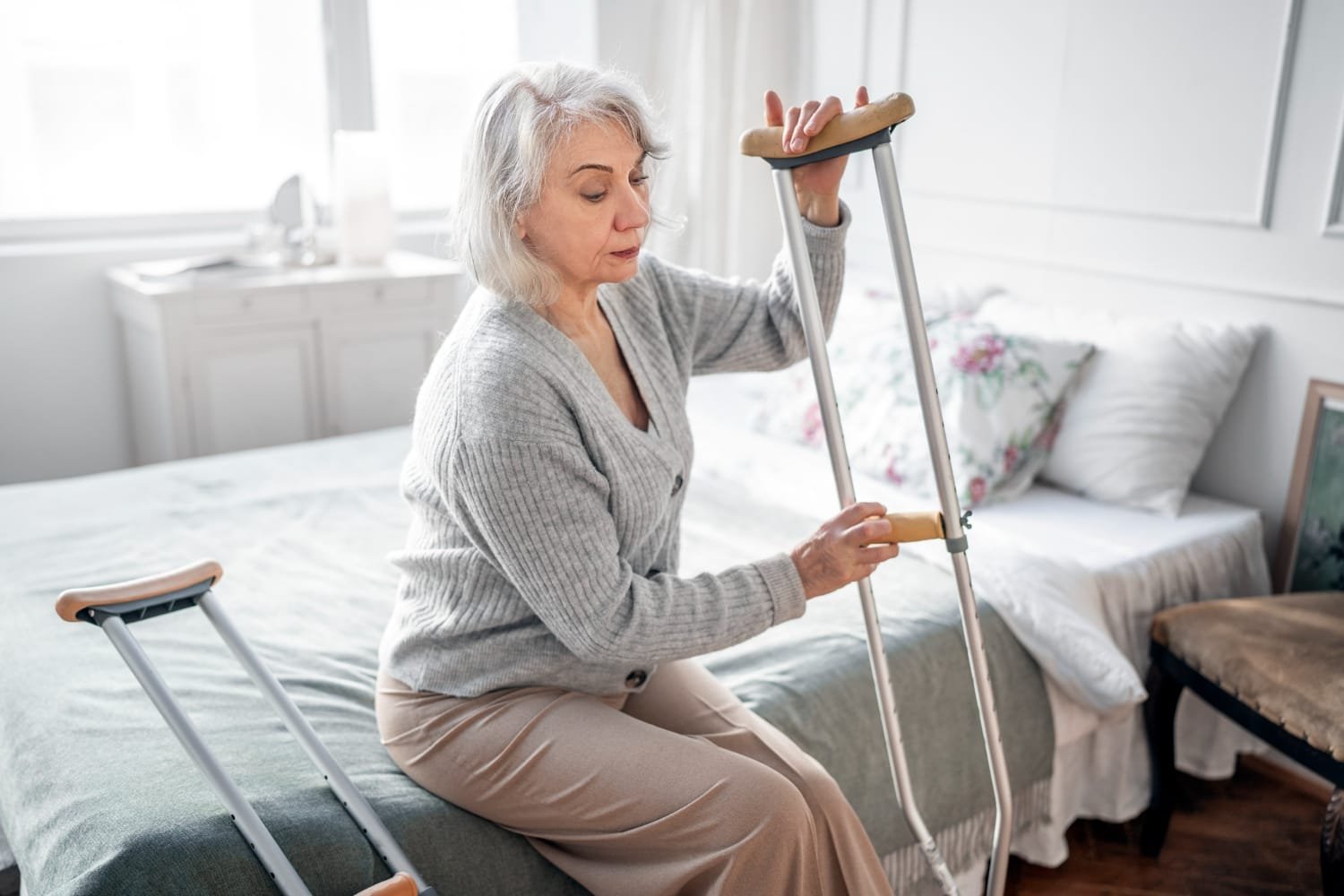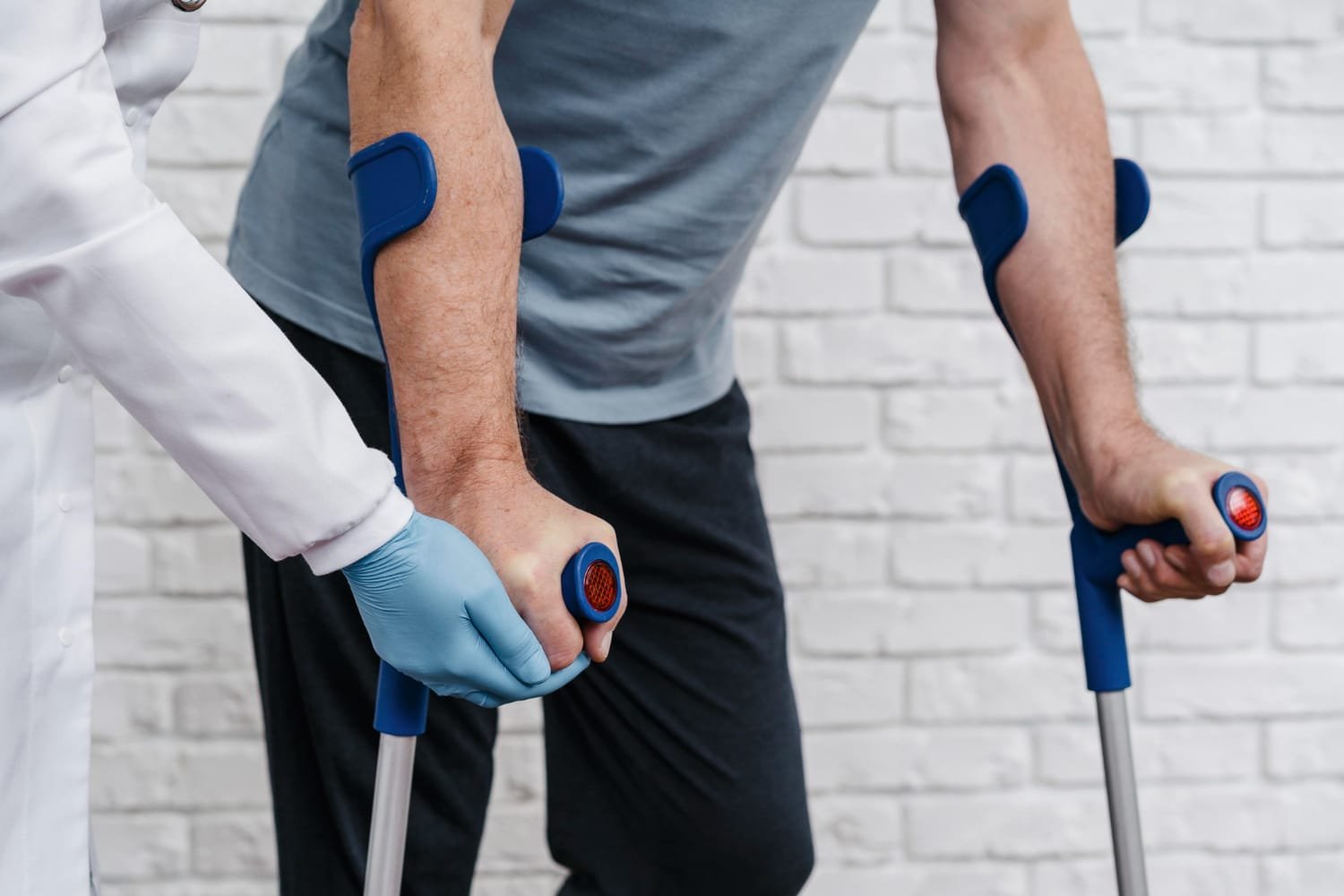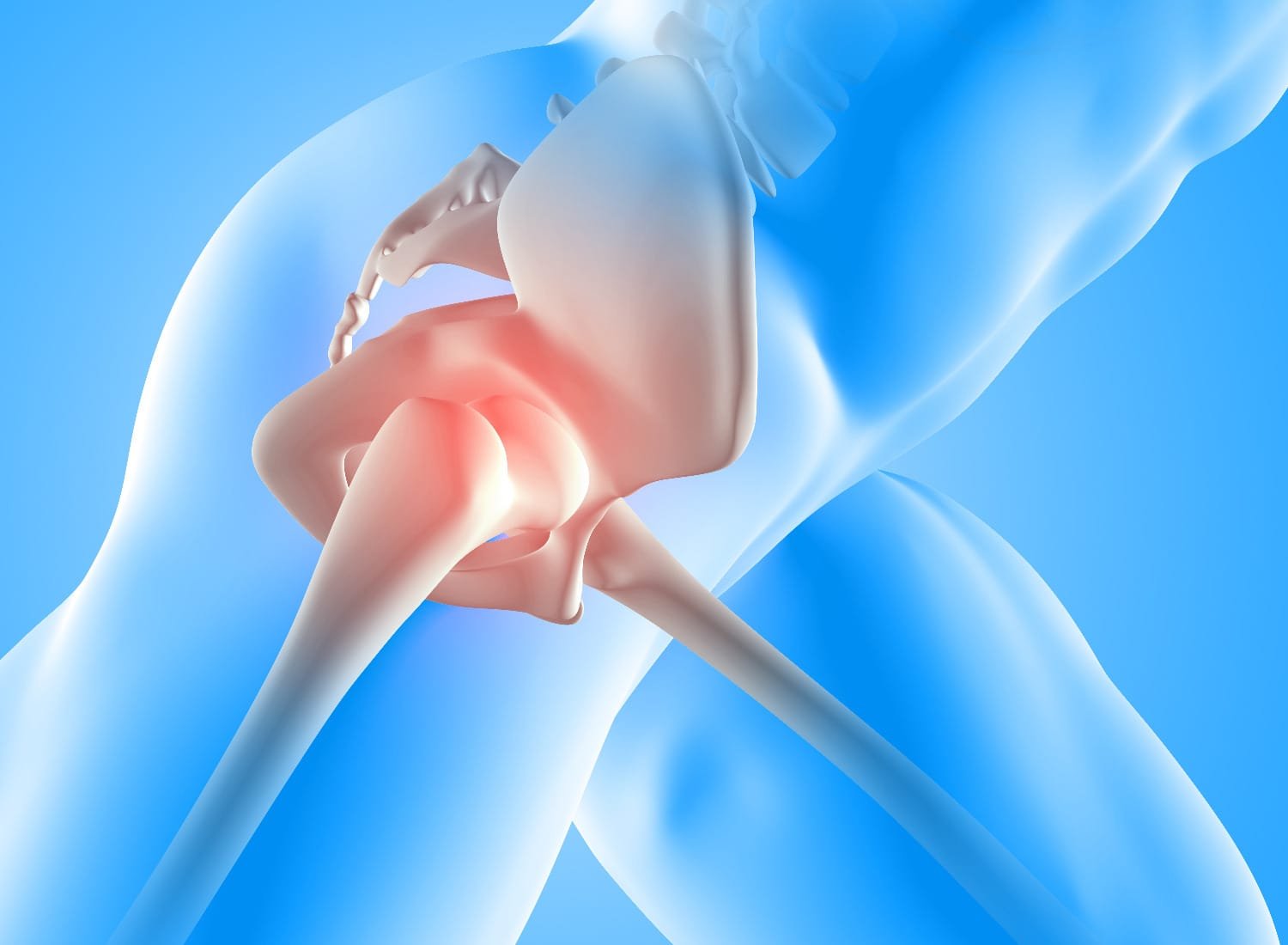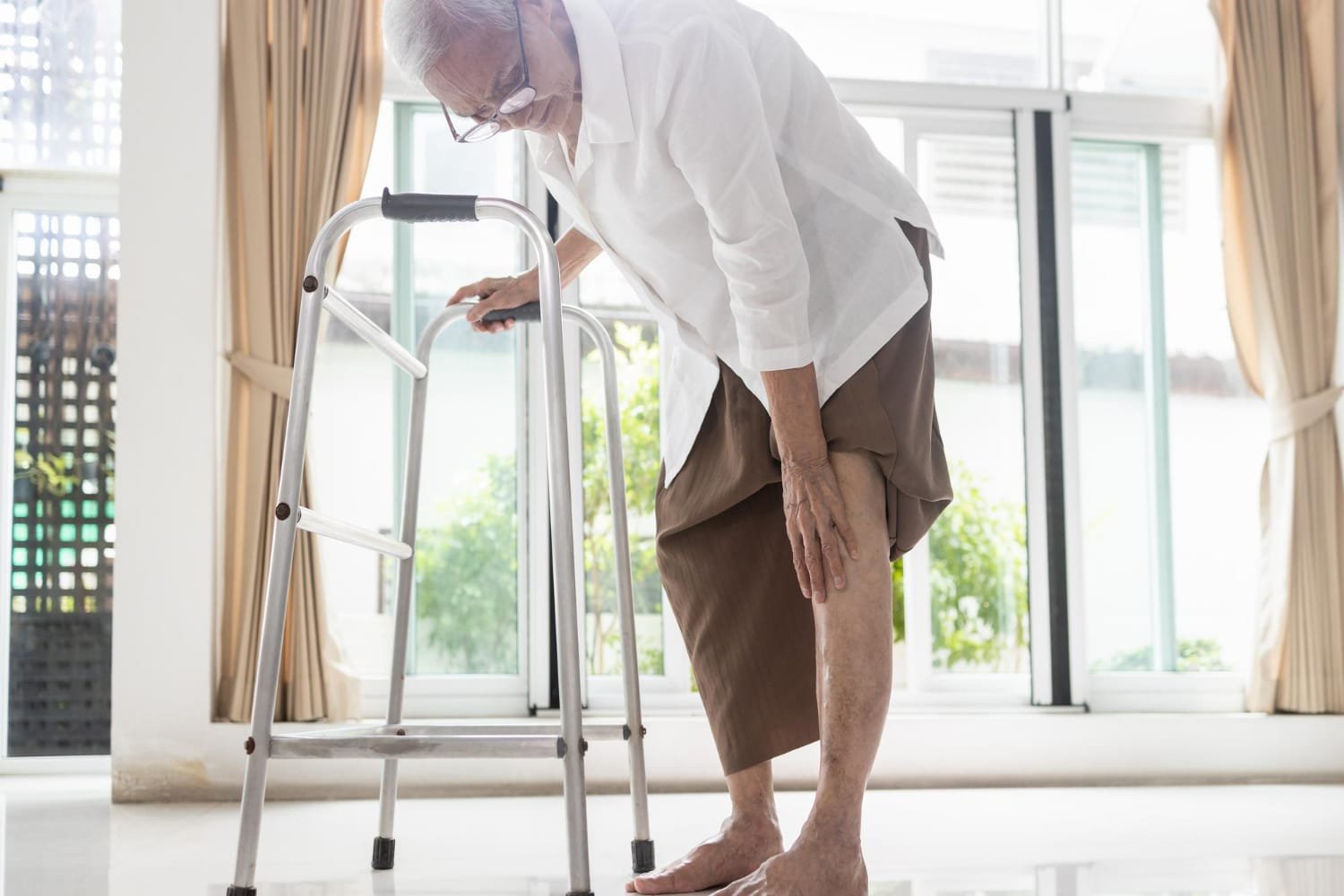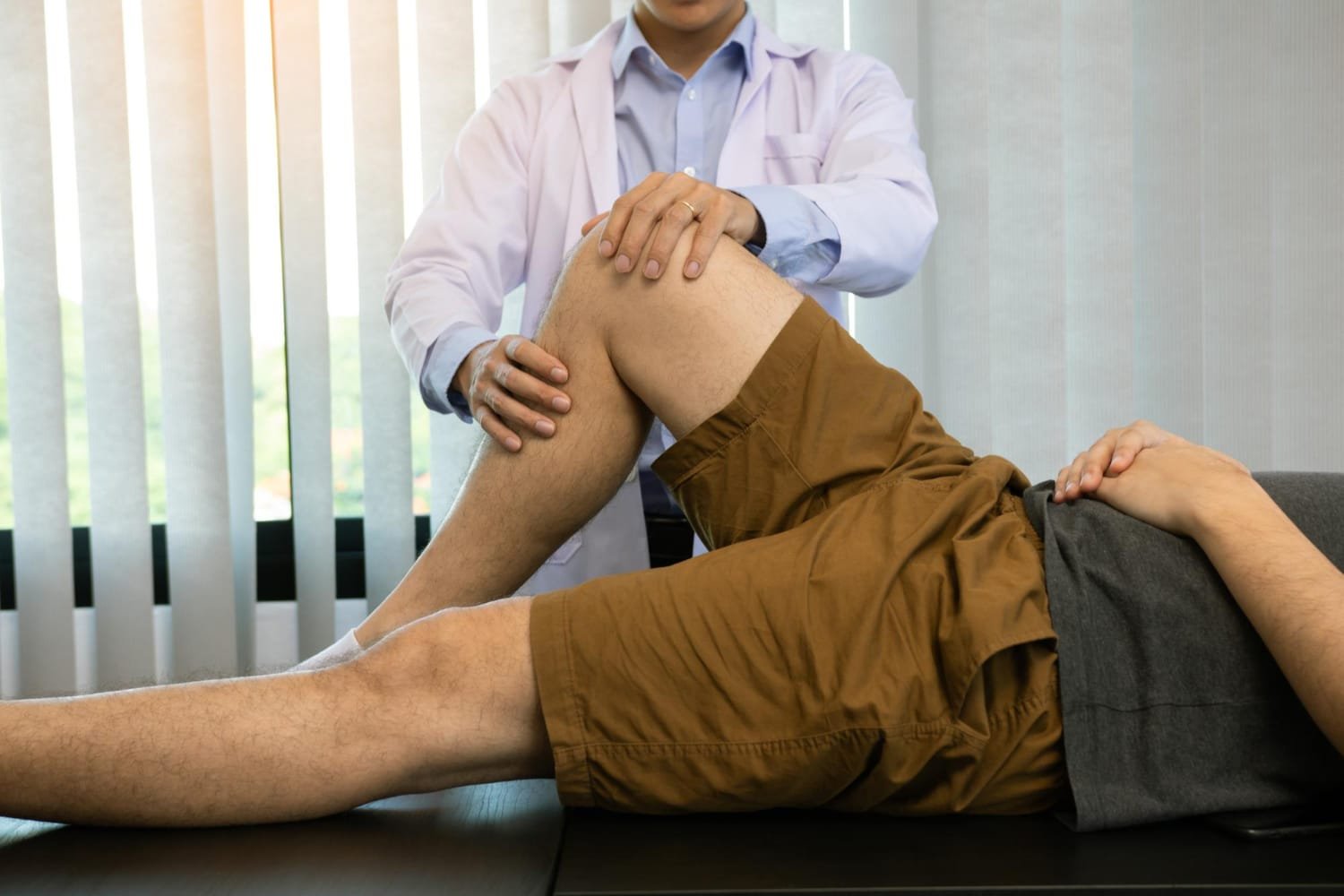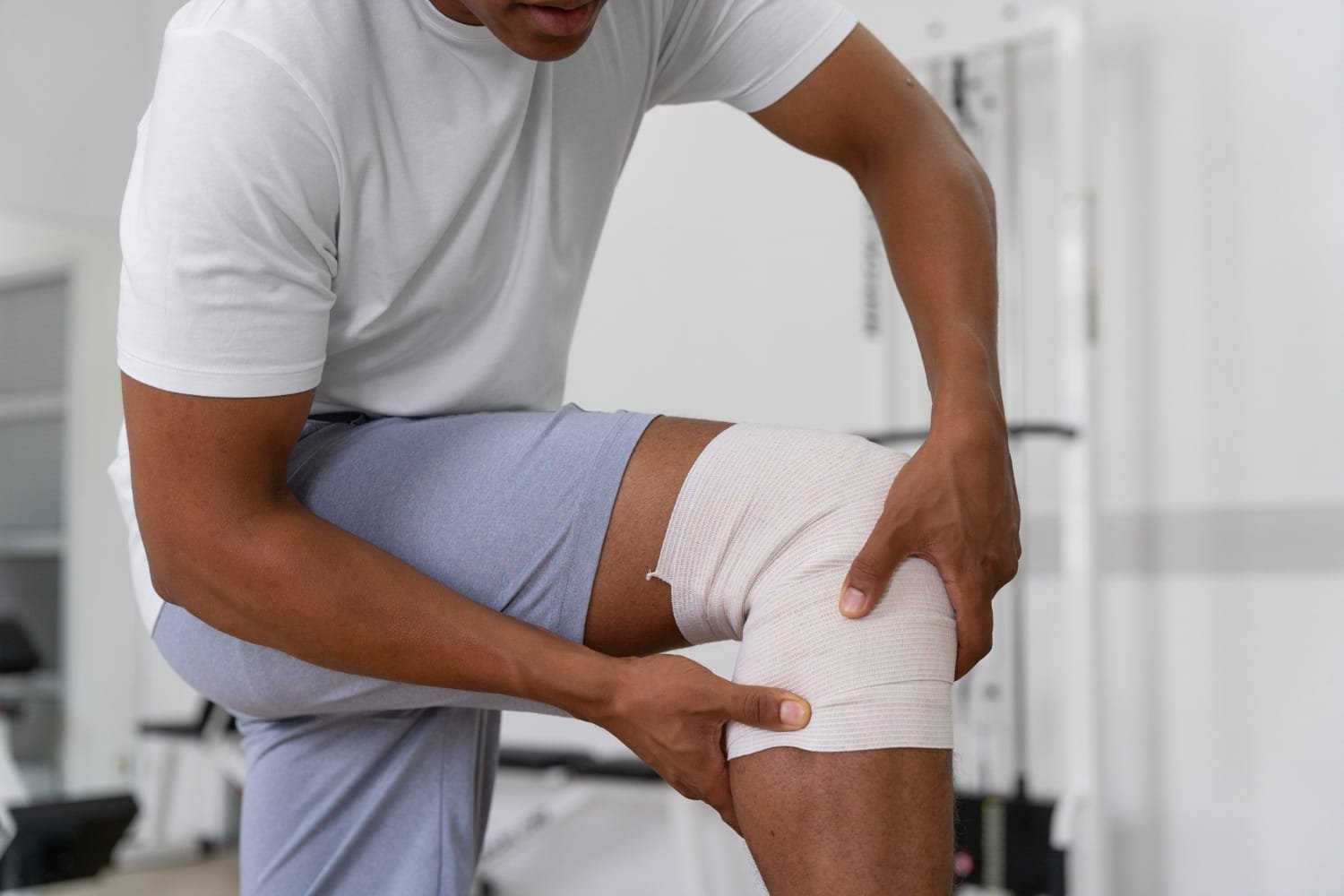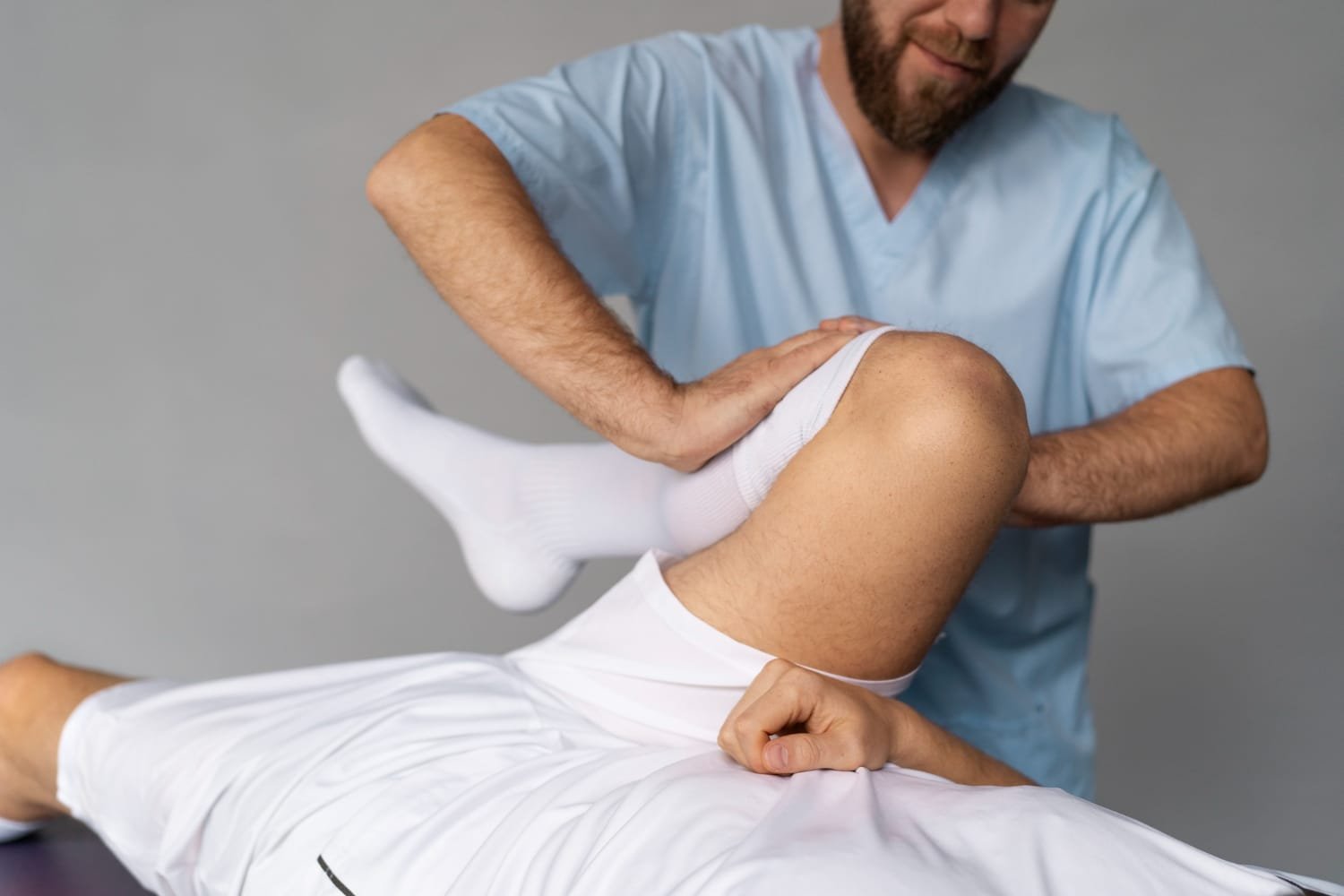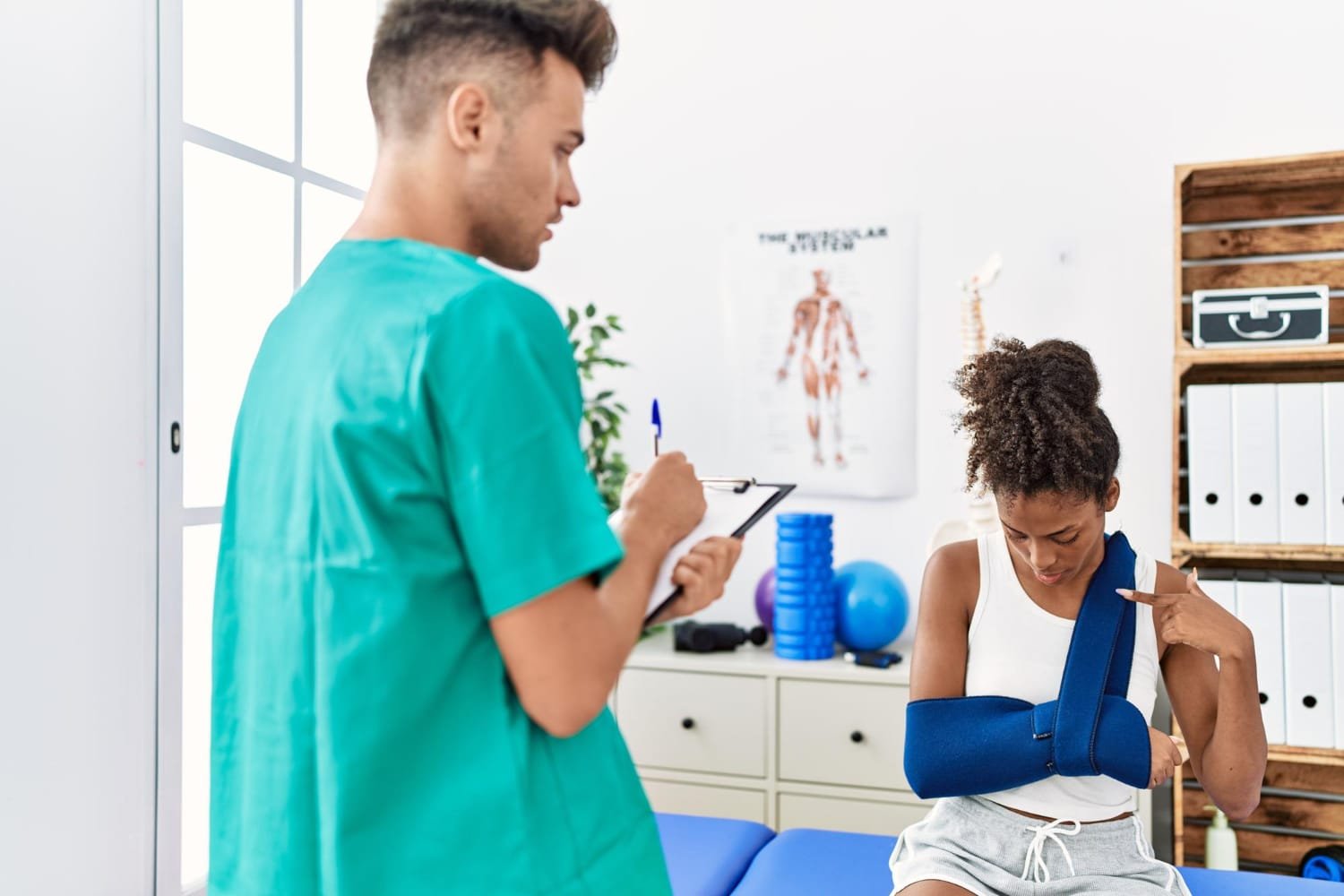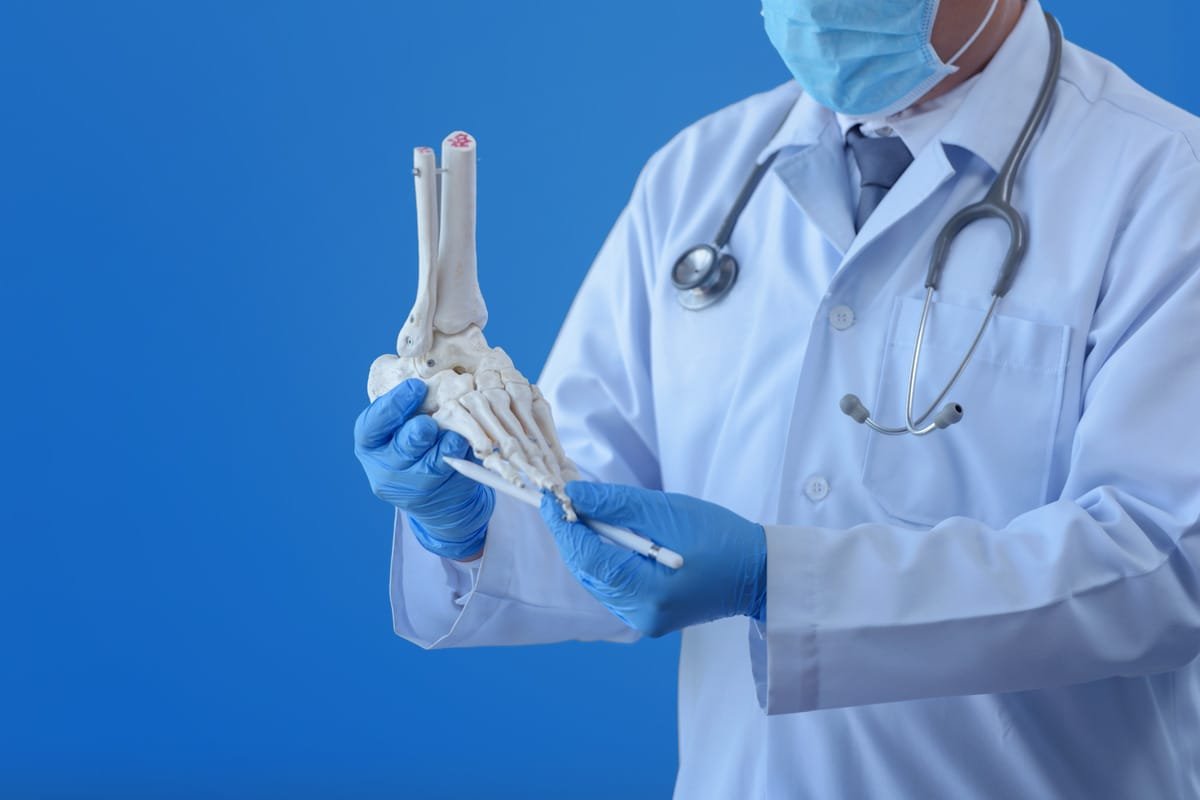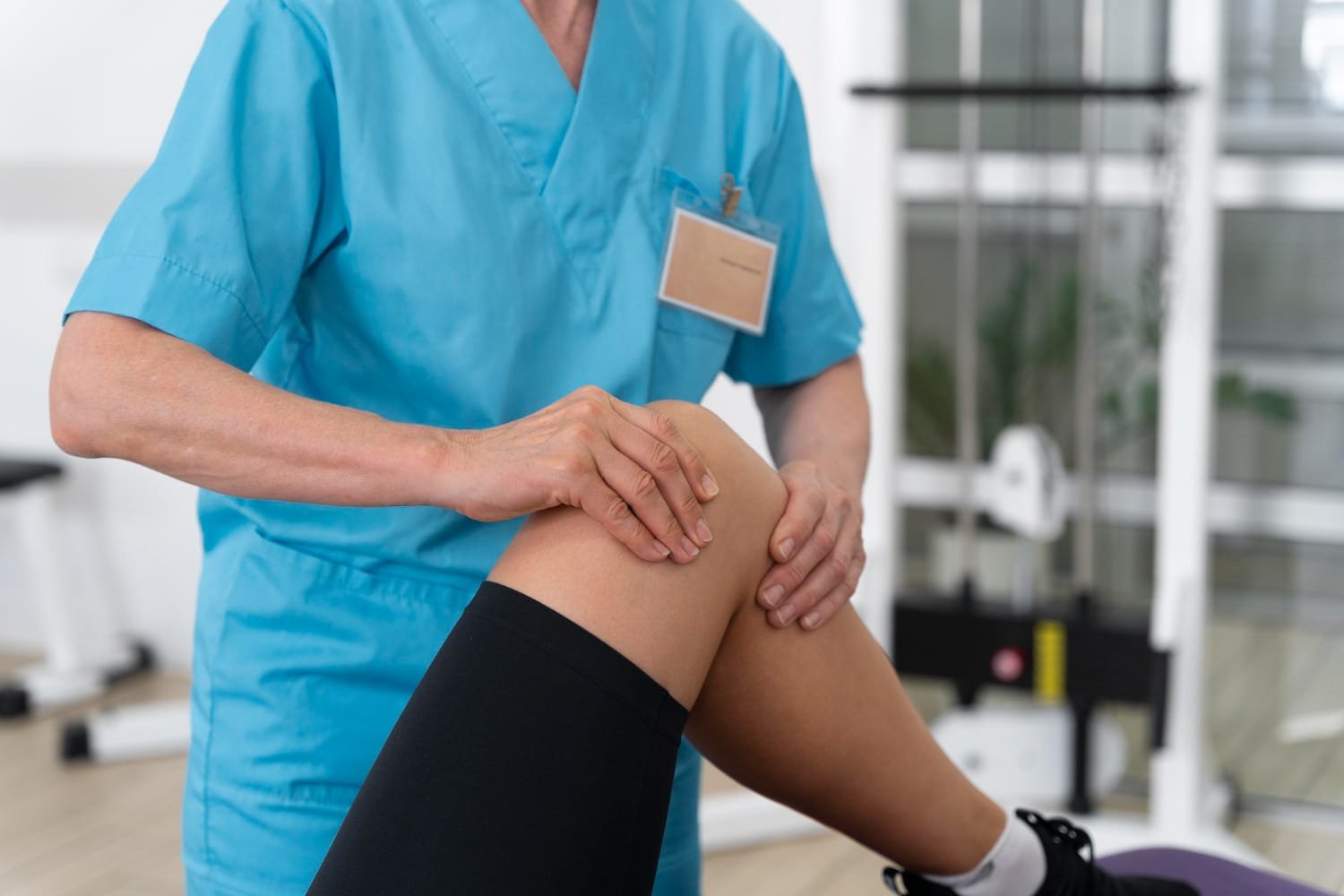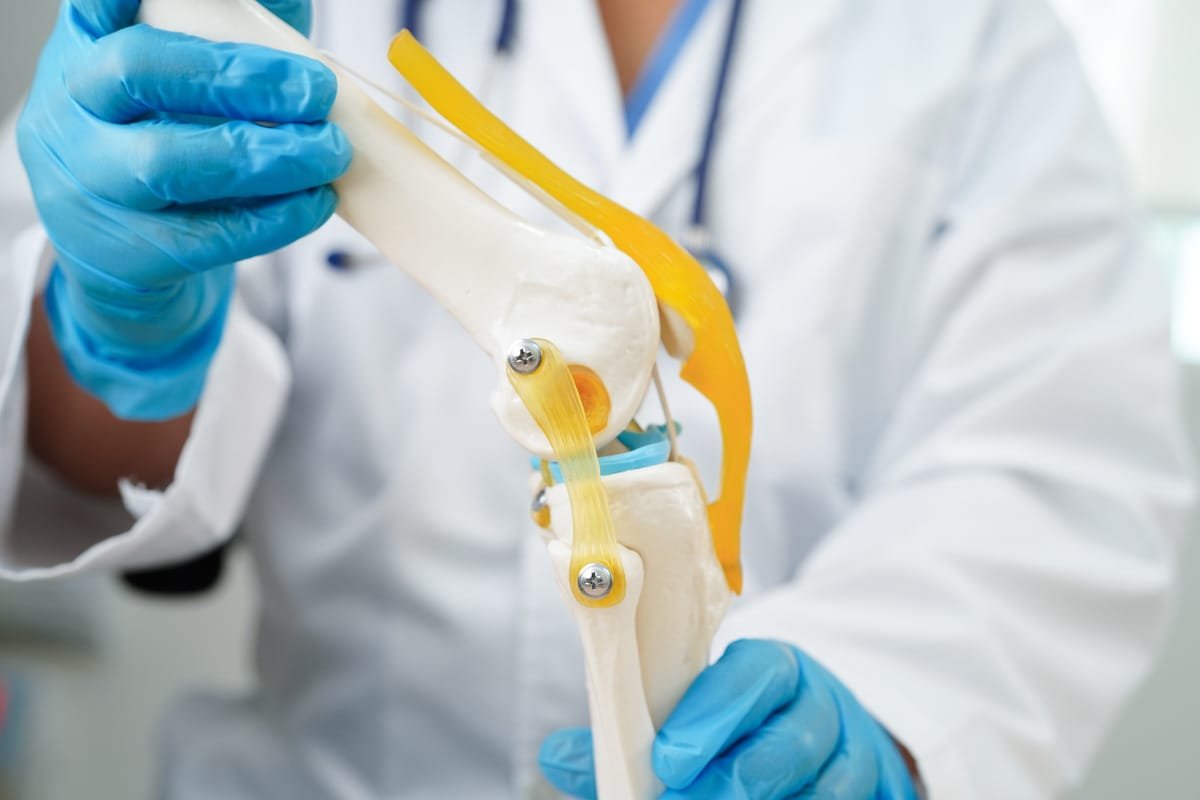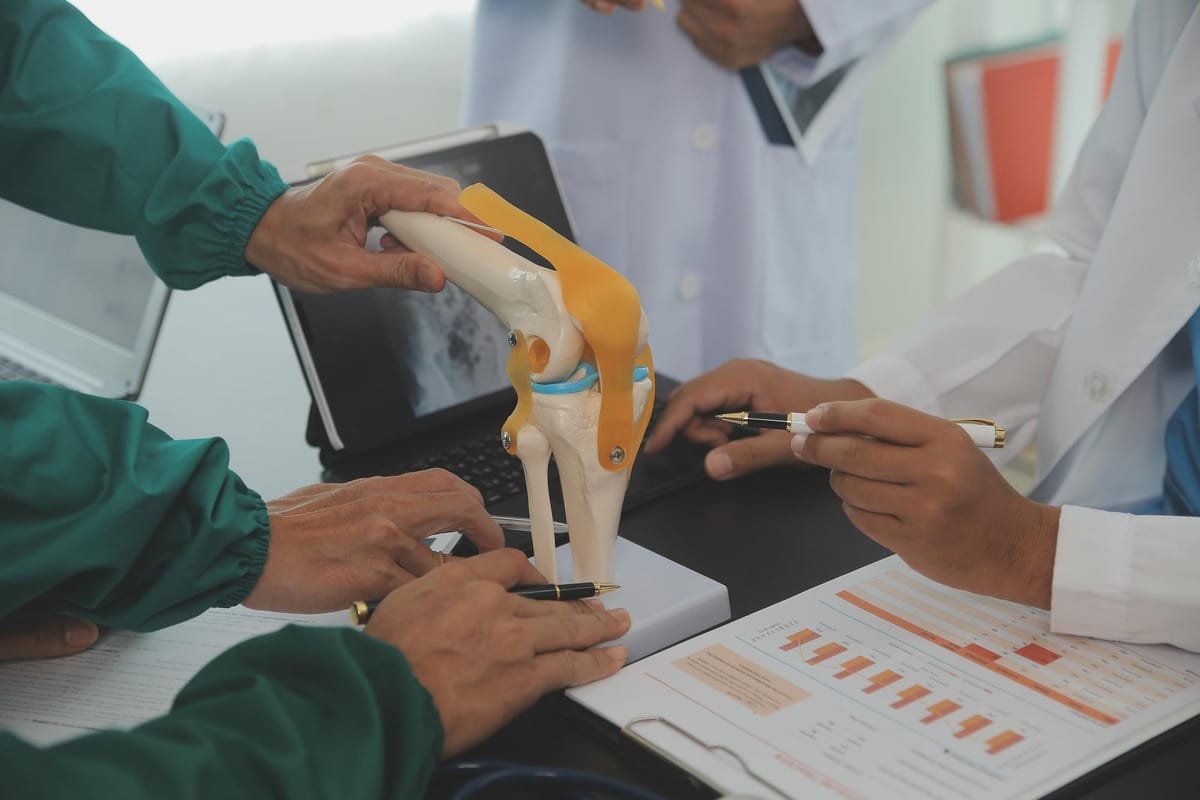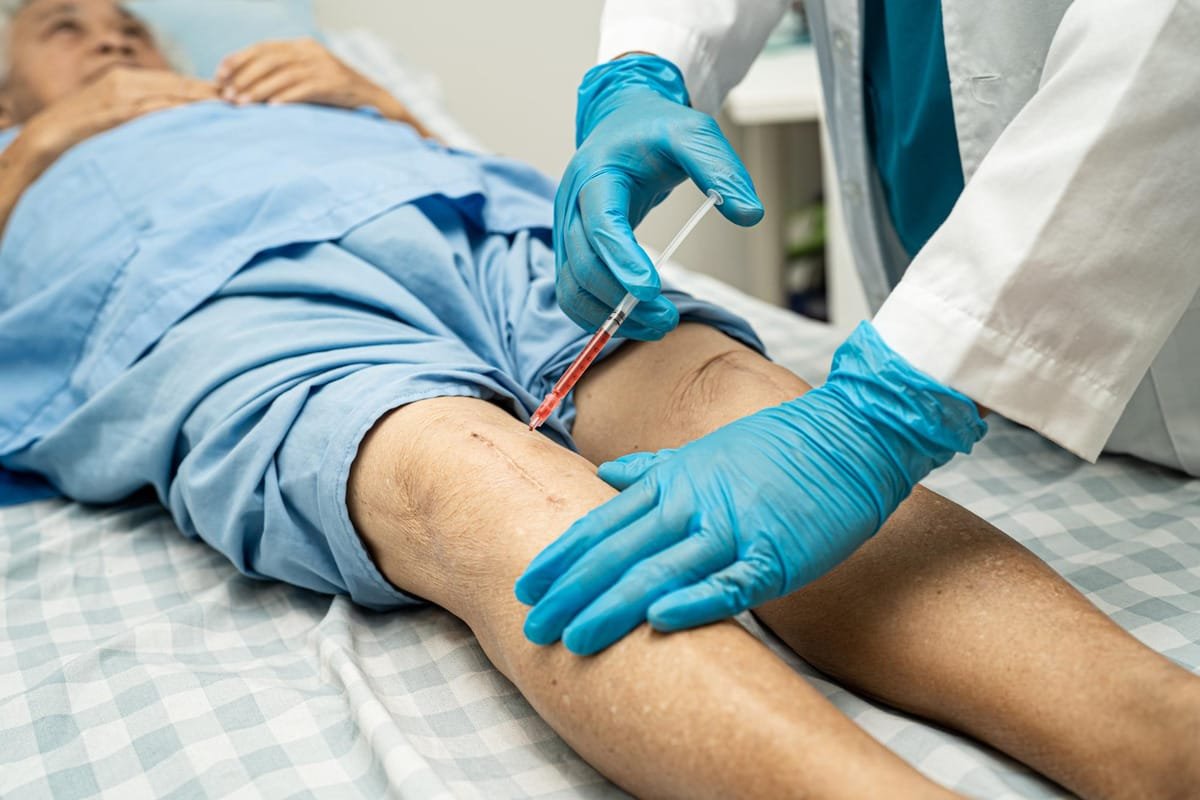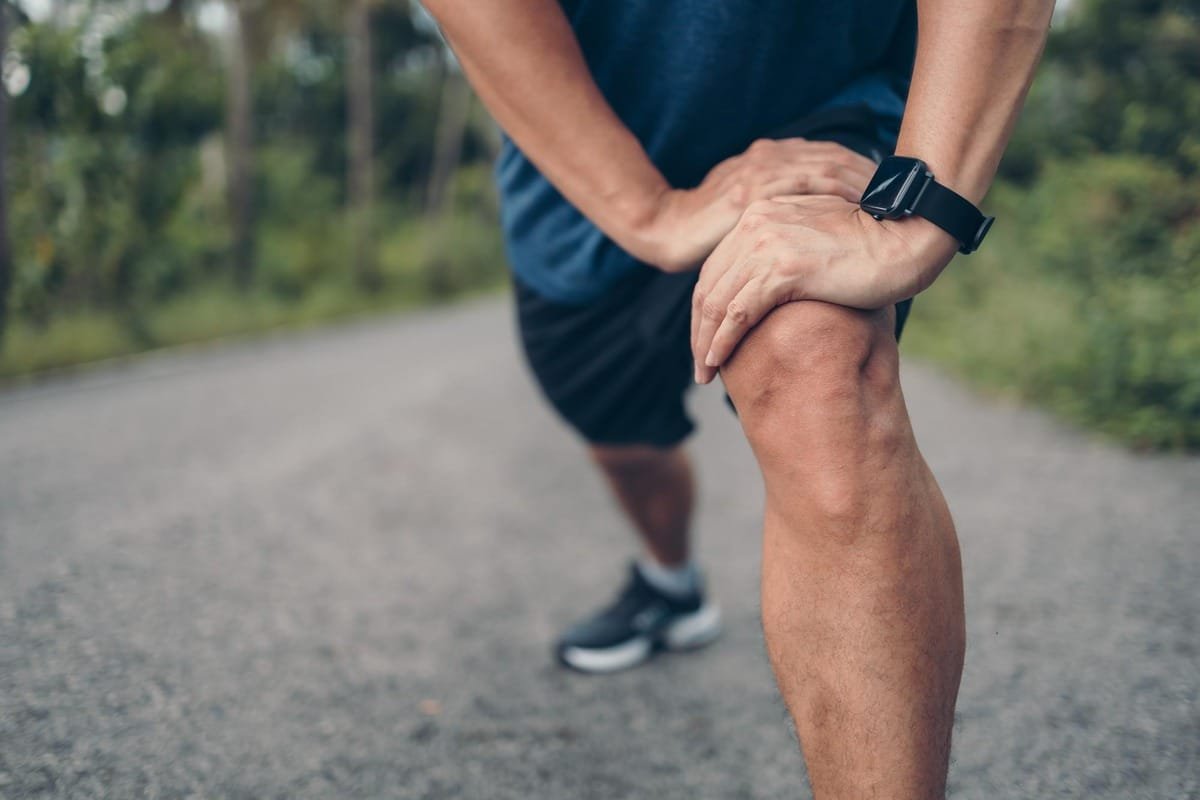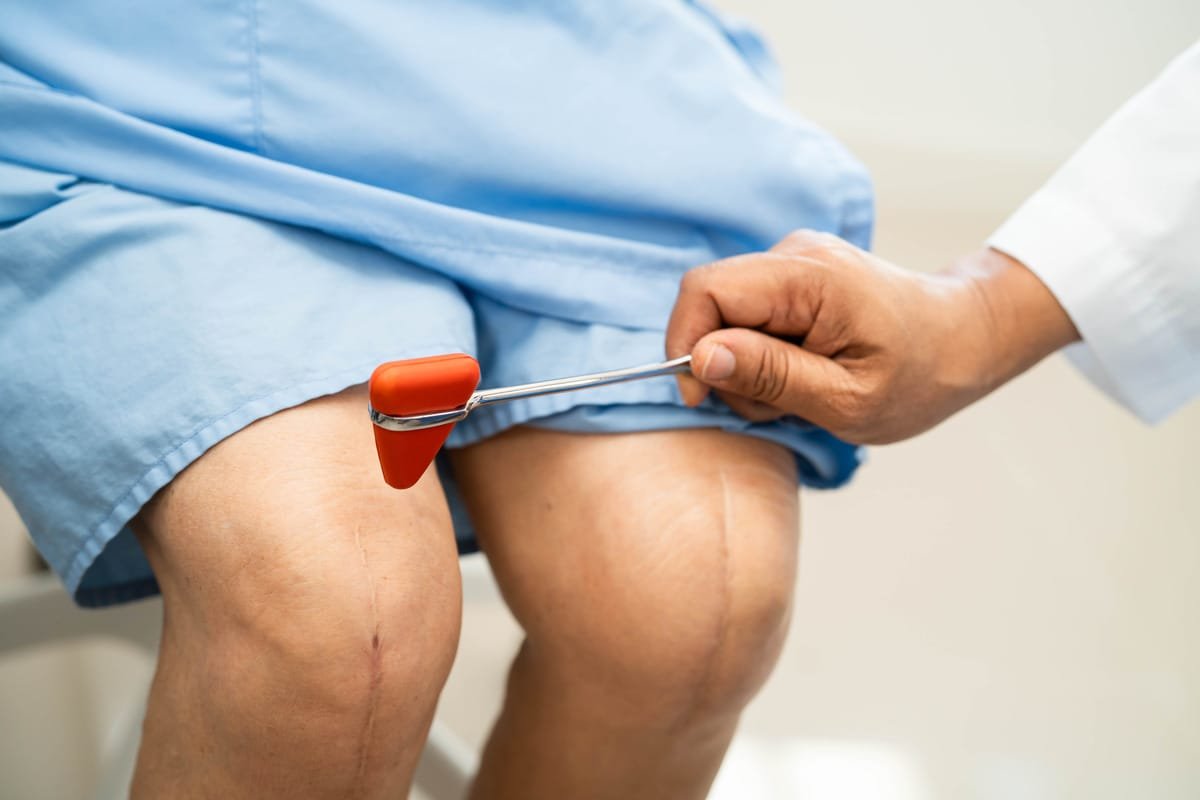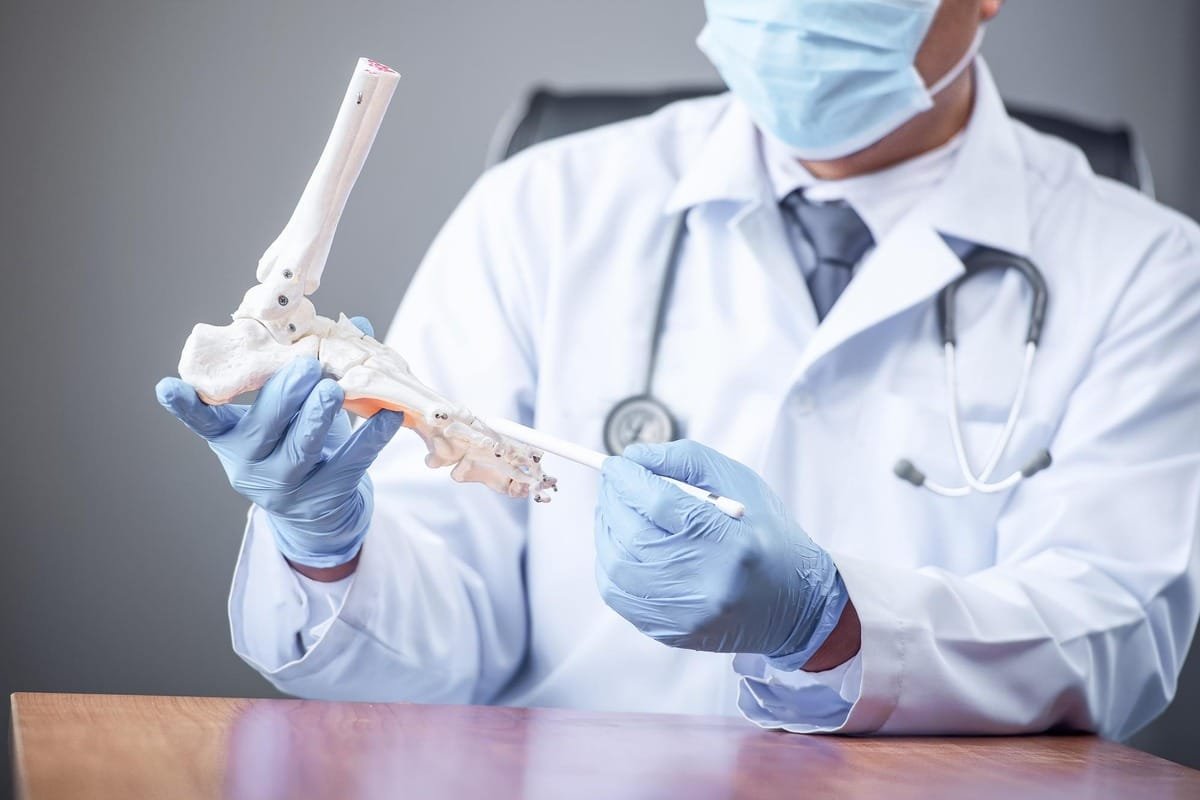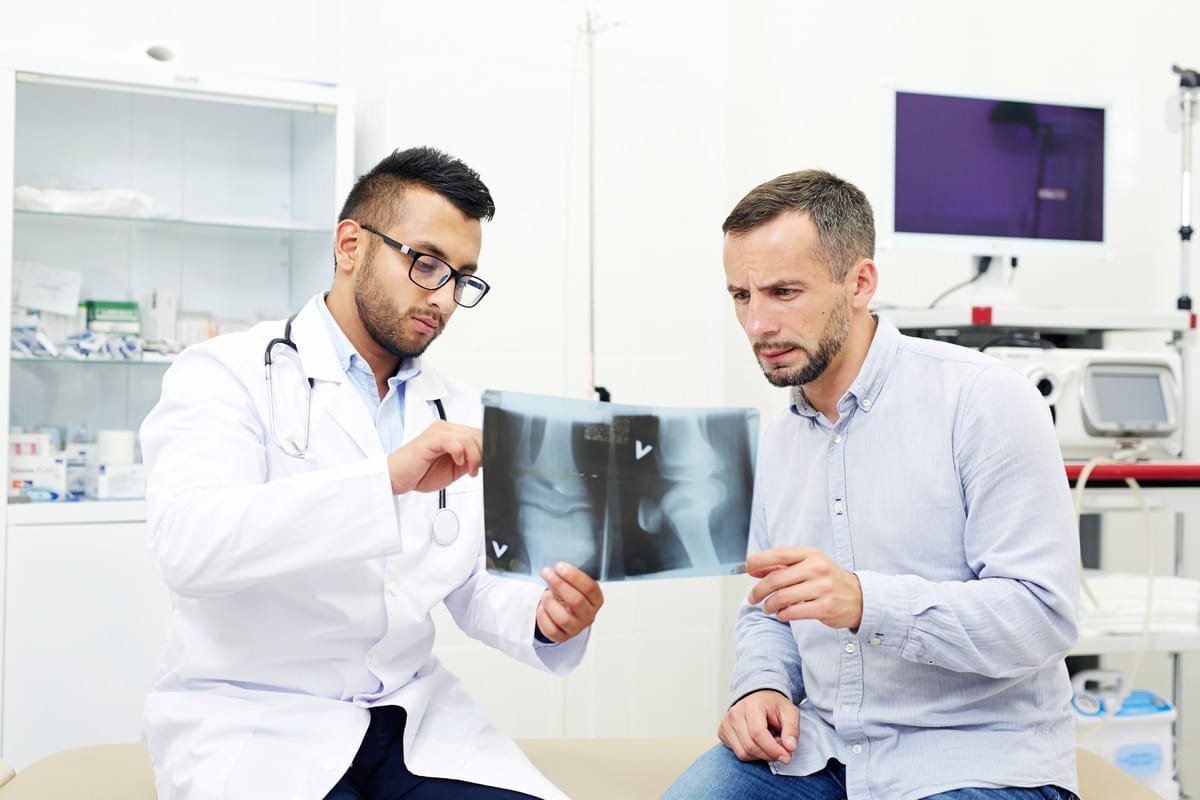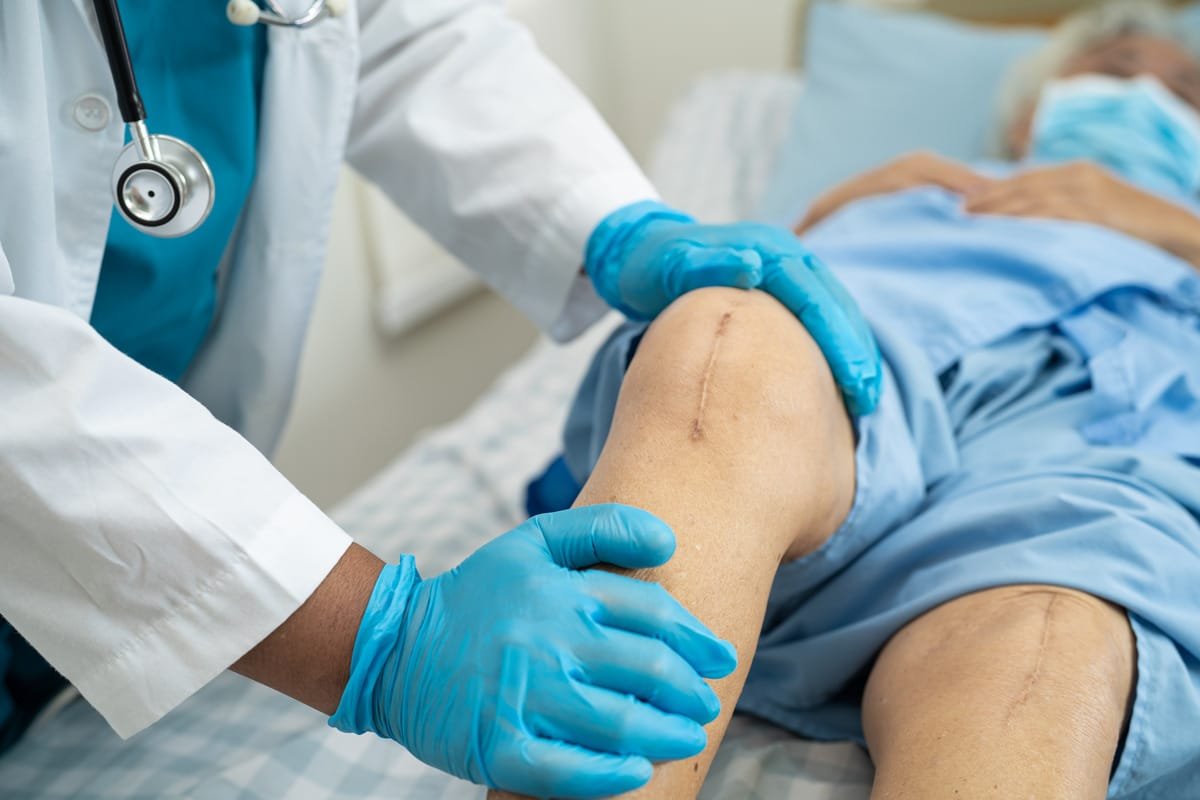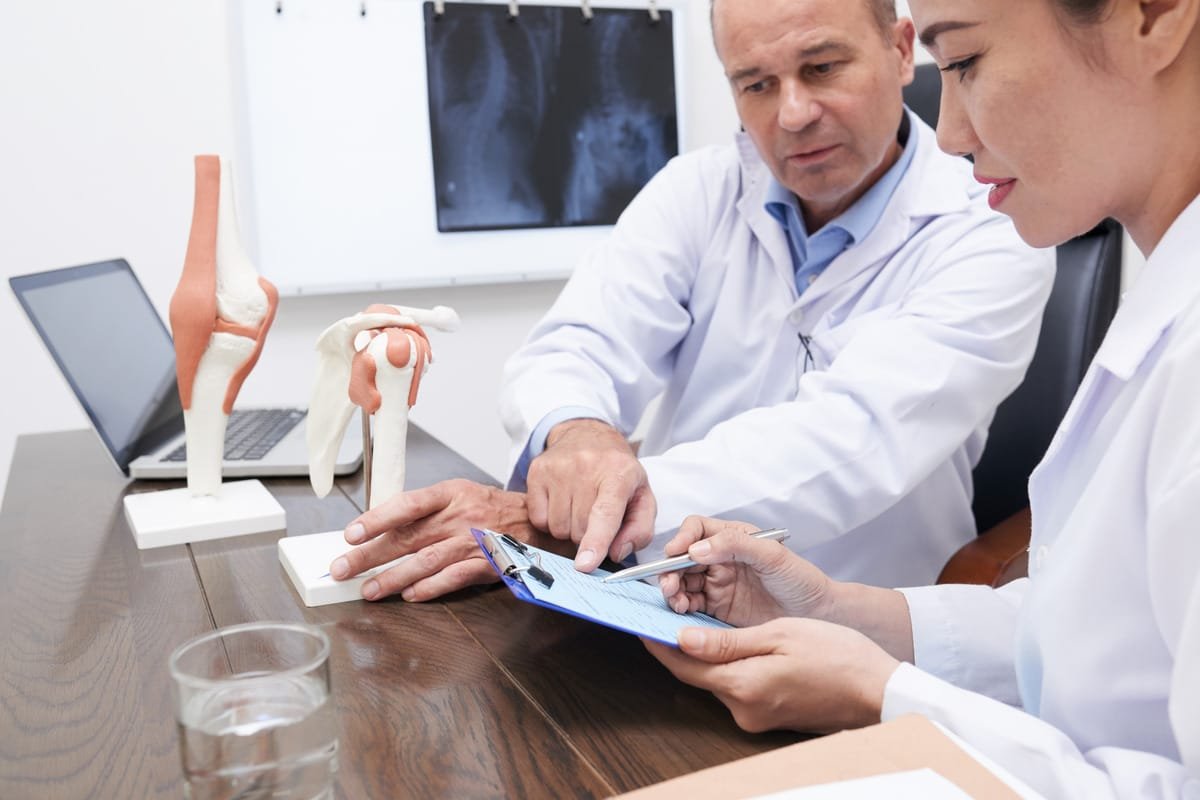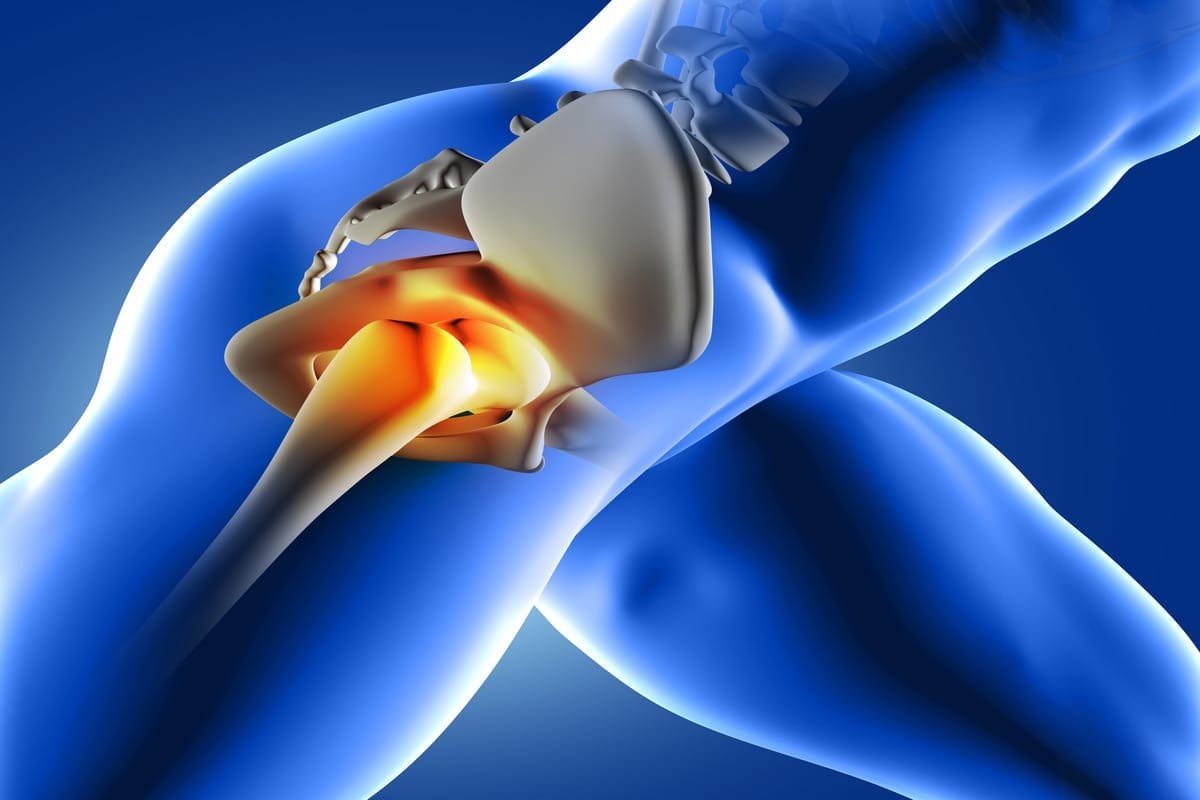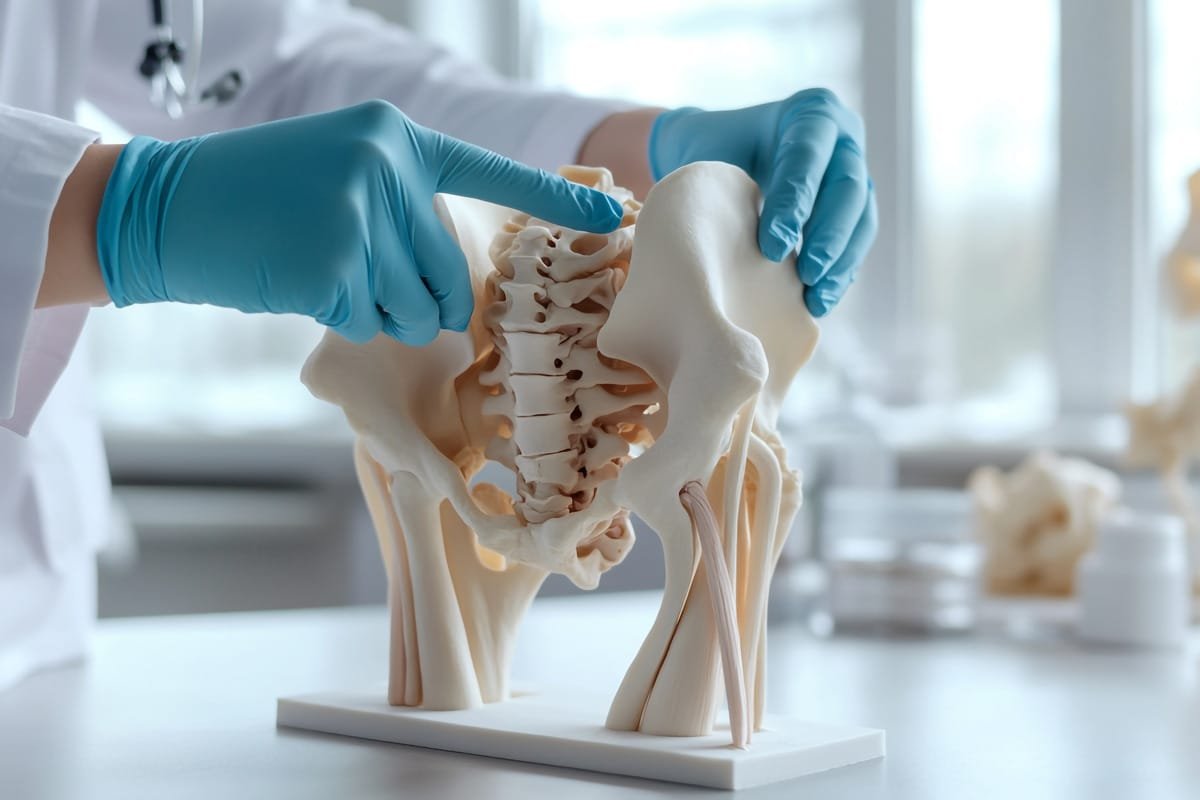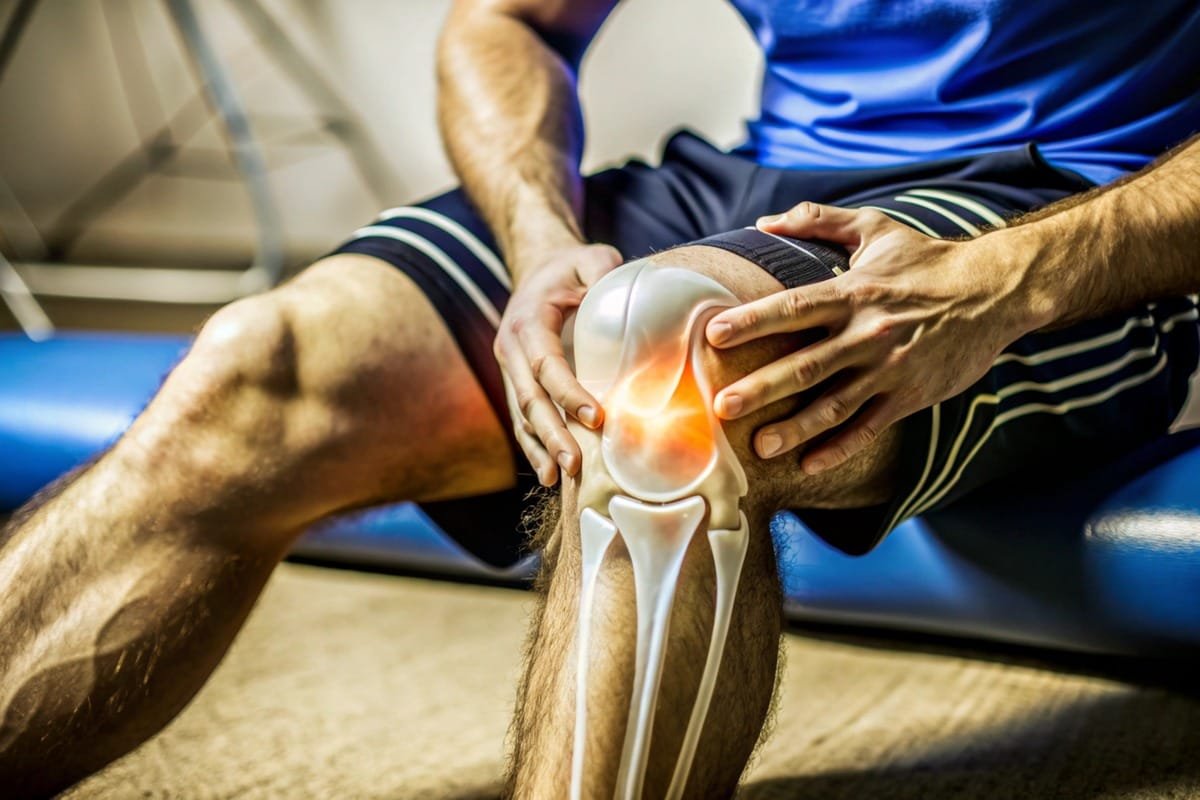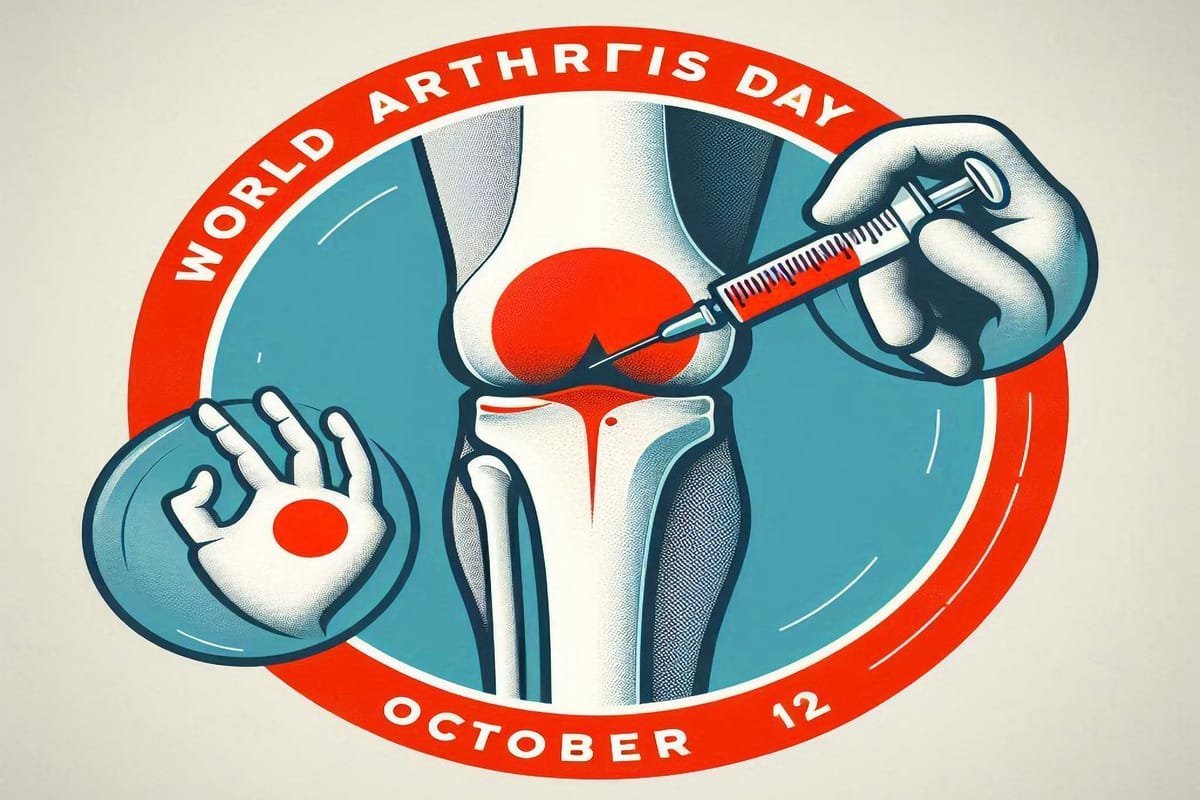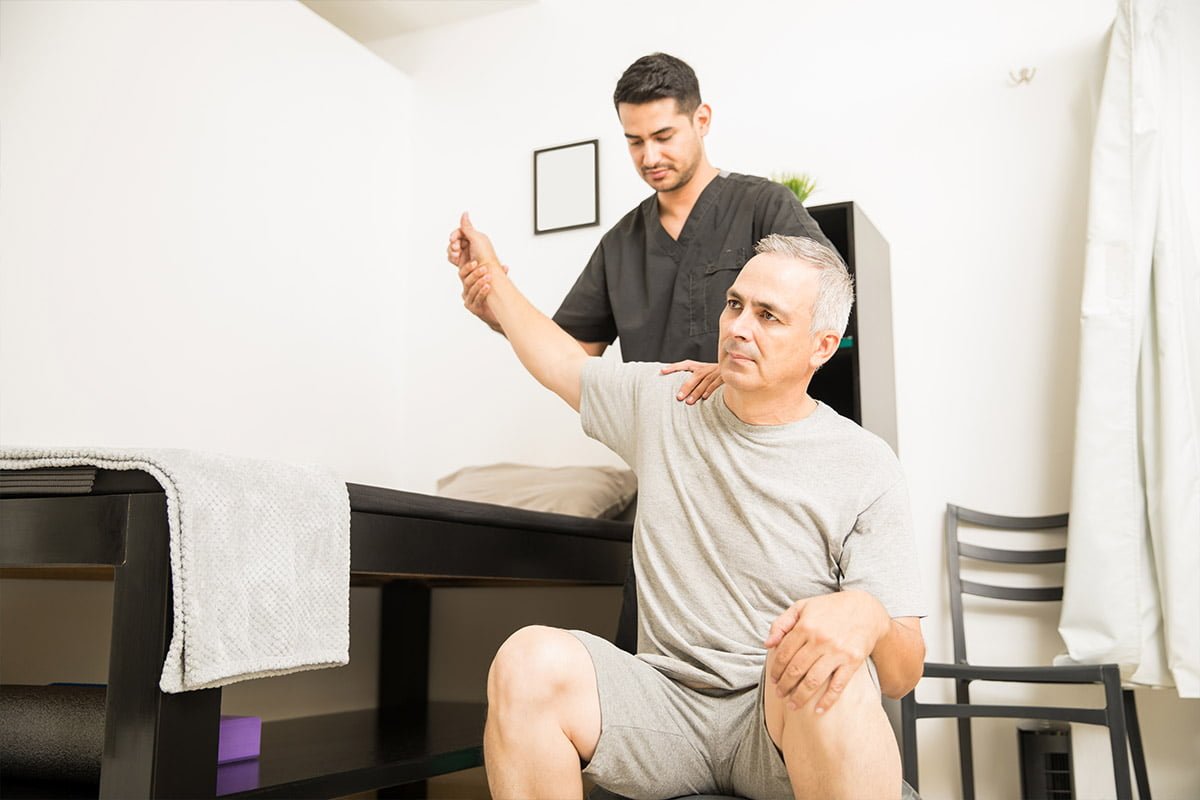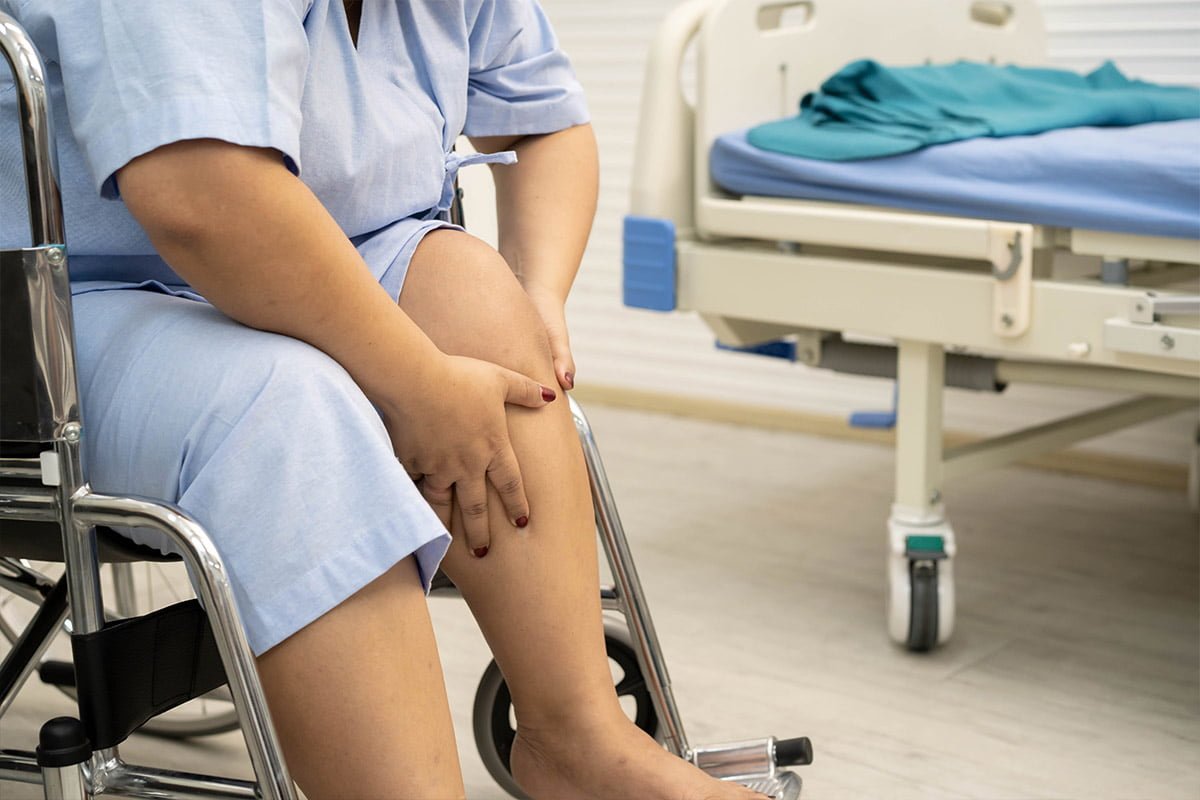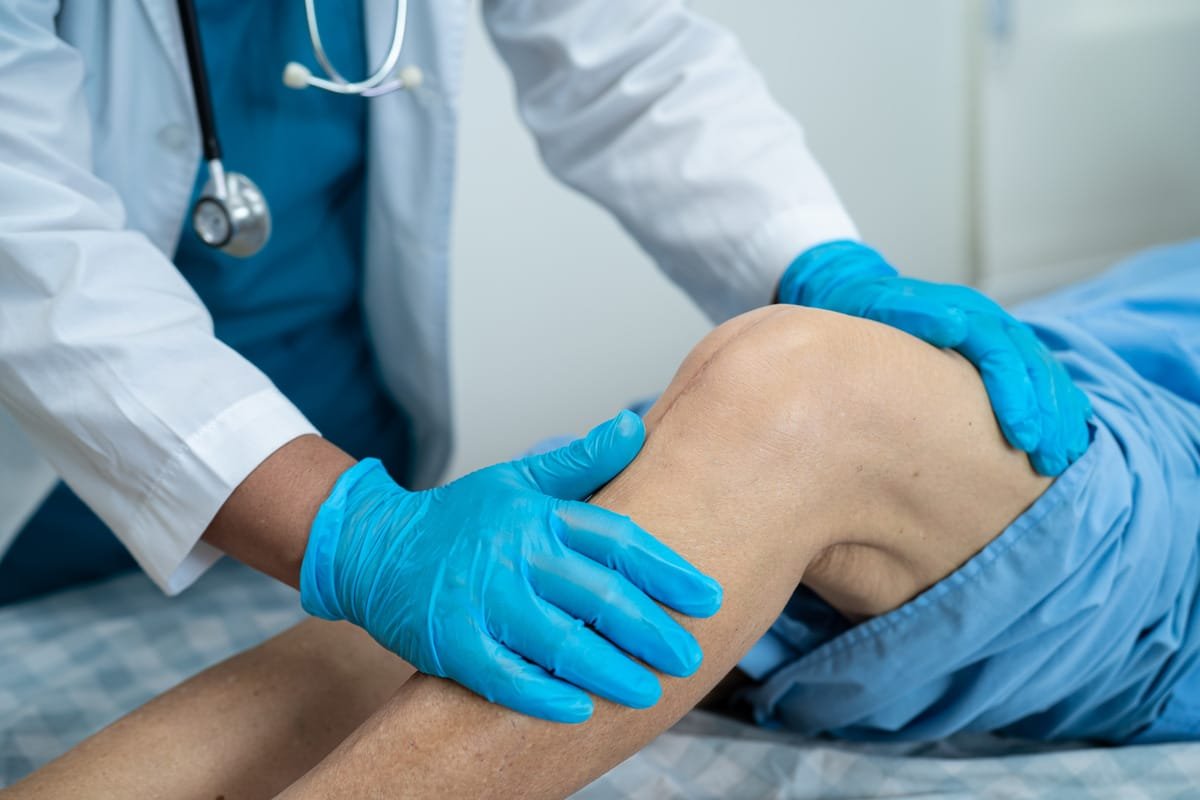
When to See an Orthopedic Specialist: Recognizing Early Signs
November 15, 2024Orthopedic issues can significantly impact your mobility and quality of life. Many people dismiss early symptoms, hoping they will resolve on their own, but delaying treatment can lead to complications. Recognizing when to consult an orthopedic specialist is crucial for timely intervention and effective recovery. This guide highlights common signs and conditions that necessitate a visit to an orthopedic expert.
Common Signs That Indicate the Need for an Orthopedic Consultation
- Persistent Pain
- Symptoms: Pain lasting longer than a few weeks, especially in joints, muscles, or bones.
- Examples: Knee pain when climbing stairs or persistent shoulder pain after physical activity.
- Potential Issues: Arthritis, tendonitis, or soft tissue injuries.
- Limited Range of Motion
- Symptoms: Stiffness or difficulty moving a joint freely.
- Examples: Trouble raising your arms overhead or bending your knees.
- Potential Issues: Joint damage, frozen shoulder, or ligament injuries.
- Swelling or Inflammation
- Symptoms: Visible swelling, redness, or warmth around a joint or muscle.
- Examples: Swollen ankles after walking or inflamed wrists post repetitive tasks.
- Potential Issues: Bursitis, gout, or fractures.
- Instability
- Symptoms: Feeling of giving way or lack of support in a joint.
- Examples: Knee buckling while walking or unstable ankles.
- Potential Issues: Ligament tears, cartilage damage, or degenerative joint conditions.
- Numbness or Tingling
- Symptoms: Loss of sensation or a tingling feeling in limbs.
- Examples: Tingling in fingers after working on a computer or numbness in legs post-exercise.
- Potential Issues: Nerve compression, herniated discs, or carpal tunnel syndrome.
- Visible Deformities
- Symptoms: Misalignment, unusual angles, or protrusions in bones or joints.
- Examples: Bent fingers after a fall or uneven shoulder alignment.
- Potential Issues: Fractures, dislocations, or advanced arthritis.
Conditions Requiring Orthopedic Attention
- Arthritis
- Signs: Joint pain, stiffness, and swelling.
- When to See a Specialist: If over-the-counter medications or lifestyle changes don’t alleviate symptoms.
- Sports Injuries
- Signs: Pain, swelling, or loss of function after physical activity.
- When to See a Specialist: If injuries persist despite rest or worsen over time.
- Back and Neck Pain
- Signs: Persistent pain, especially with tingling or numbness.
- When to See a Specialist: If symptoms interfere with daily activities or are accompanied by weakness.
- Fractures or Trauma
- Signs: Pain, swelling, or inability to use the affected area.
- When to See a Specialist: Immediate attention for suspected fractures or severe injuries.
- Chronic Conditions
- Signs: Ongoing issues like osteoporosis or scoliosis.
- When to See a Specialist: Regular monitoring and management by an orthopedic expert.
Dr. Deepak Mishra: The Best Orthopedic Doctor in Faridabad
For those seeking exceptional orthopedic care, Dr. Deepak Mishra, the Head of Orthopedics at Asian Hospital, Faridabad, stands out as one of the best in the field. With years of expertise, Dr. Mishra specializes in diagnosing and treating complex musculoskeletal issues, ensuring patients receive personalized and effective care. His compassionate approach and advanced surgical skills have earned him a reputation as the go-to orthopedic specialist in Faridabad.
Benefits of Early Intervention
- Prevents Further Damage: Addressing issues early can stop the progression of joint or tissue damage.
- Improves Recovery Outcomes: Timely treatment often leads to faster and more complete recovery.
- Reduces Pain: Proper diagnosis and care alleviate unnecessary discomfort.
- Enhances Mobility: Restoring function helps you regain an active and independent lifestyle.
Preparing for Your Orthopedic Appointment
- Document Your Symptoms
- Note the onset, severity, and duration of pain or discomfort.
- Record any activities or events that exacerbate symptoms.
- Bring Relevant Medical Records
- Include X-rays, MRIs, or previous diagnoses if applicable.
- List Questions for the Specialist
- Examples: “What could be causing my symptoms?” or “What are my treatment options?”
- Wear Comfortable Clothing
- Allows easy access to the affected area for examination.
Final Thoughts
Your musculoskeletal system plays a vital role in everyday activities, from walking to lifting objects. Ignoring the early signs of orthopedic problems can lead to complications and prolonged recovery times. If you experience persistent pain, limited mobility, or any of the signs mentioned, don’t hesitate to seek the expertise of an orthopedic specialist like Dr. Deepak Mishra.
Prompt attention and proper care can significantly improve your quality of life and keep you moving without pain or limitations.
Recent Blogs
-
 When Knee Pain Needs Medical Attention: Red Flags to Watch
When Knee Pain Needs Medical Attention: Red Flags to Watch- 19, January 2026
-
 Cartilage Damage in Sports: Early Signs Athletes Should Not Ignore
Cartilage Damage in Sports: Early Signs Athletes Should Not Ignore- 15, January 2026
-
 Can You Sit Cross-Legged After Knee Replacement?
Can You Sit Cross-Legged After Knee Replacement?- 13, January 2026
-
 Types of Knee Implants
Types of Knee Implants- 13, January 2026
-
 Special Tests for Knee Osteoarthritis
Special Tests for Knee Osteoarthritis- 7, January 2026
-
 Knee Operation Types: A Comprehensive Guide
Knee Operation Types: A Comprehensive Guide- 7, January 2026
-
 Difference Between Knee Arthritis, Meniscus Tear, and Ligament Injury
Difference Between Knee Arthritis, Meniscus Tear, and Ligament Injury- 30, December 2025
-
 Knee Pain While Walking: When Should You Worry?
Knee Pain While Walking: When Should You Worry?- 30, December 2025
-
 What Happens If Knee Replacement Is Delayed Too Long?
What Happens If Knee Replacement Is Delayed Too Long?- 24, December 2025
-
 How Cartilage Loss Leads to Chronic Knee Pain
How Cartilage Loss Leads to Chronic Knee Pain- 24, December 2025
-
 ACL Tears in Athletes: Symptoms, Treatment Options & Recovery
ACL Tears in Athletes: Symptoms, Treatment Options & Recovery- 19, November 2025
-
 Sports Injuries That Often Lead to Knee Replacement
Sports Injuries That Often Lead to Knee Replacement- 19, November 2025
-
 Orthopedic Care for Elderly Patients — A Complete Guide
Orthopedic Care for Elderly Patients — A Complete Guide- 12, November 2025
-
 How Long Do Knee Implants Last? (10–20 Year Longevity Guide)
How Long Do Knee Implants Last? (10–20 Year Longevity Guide)- 12, November 2025
-
 Importance of Early Diagnosis in Bone and Joint Problems
Importance of Early Diagnosis in Bone and Joint Problems- 28, October 2025
-
 Best Treatment Options for Sports Injuries
Best Treatment Options for Sports Injuries- 28, October 2025
-
 The Difference Between ACL Tear, Sprain, and Rupture
The Difference Between ACL Tear, Sprain, and Rupture- 16, October 2025
-
 Post-ACL Surgery Do’s and Don’ts
Post-ACL Surgery Do’s and Don’ts- 16, October 2025
-
 Early Signs You Might Have an ACL Injury (and When to See a Doctor)
Early Signs You Might Have an ACL Injury (and When to See a Doctor)- 16, October 2025
-
 Does Insurance Cover Robotic Knee Replacement Surgery?
Does Insurance Cover Robotic Knee Replacement Surgery?- 6, October 2025
-
 When Can You Return to Sports After Robotic Knee Replacement?
When Can You Return to Sports After Robotic Knee Replacement?- 6, October 2025
-
 Impact of Obesity on Knee Replacement Surgery and Recovery
Impact of Obesity on Knee Replacement Surgery and Recovery- 30, September 2025
-
 Early vs. Delayed Knee Replacement: Which Is Better?
Early vs. Delayed Knee Replacement: Which Is Better?- 30, September 2025
-
 How Durable Are Knee Implants? A Complete Guide
How Durable Are Knee Implants? A Complete Guide- 24, September 2025
-
 Can You Play Sports After Knee Replacement Surgery?
Can You Play Sports After Knee Replacement Surgery?- 24, September 2025
-
 Key Benefits of Revision Hip Replacement You Should Know
Key Benefits of Revision Hip Replacement You Should Know- 15, September 2025
-
 Revision Hip Replacement vs. Primary Hip Replacement: Key Differences
Revision Hip Replacement vs. Primary Hip Replacement: Key Differences- 15, September 2025
-

-
 Total Knee Replacement Complications: What You Need to Know
Total Knee Replacement Complications: What You Need to Know- 5, September 2025
-
 Can You Play Sports After Hip Replacement Surgery?
Can You Play Sports After Hip Replacement Surgery?- 26, August 2025
-
 Preparing for Knee Replacement: Do’s and Don’ts Before Surgery
Preparing for Knee Replacement: Do’s and Don’ts Before Surgery- 26, August 2025
-

-
 What to Know About Knee Replacement Revision Surgery
What to Know About Knee Replacement Revision Surgery- 18, August 2025
-
 Cost of Hip Replacement in India – What Patients Should Know
Cost of Hip Replacement in India – What Patients Should Know- 11, August 2025
-

-
 Who Is the Best Orthopedic Doctor for Sports Injuries?
Who Is the Best Orthopedic Doctor for Sports Injuries?- 27, July 2025
-
 Success Rate of Robotic Knee Replacement in India
Success Rate of Robotic Knee Replacement in India- 27, July 2025
-
 Why Surgeons Are Switching to Robotic Knee Replacements
Why Surgeons Are Switching to Robotic Knee Replacements- 15, July 2025
-
 Do’s and Don’ts After Knee Replacement Surgery
Do’s and Don’ts After Knee Replacement Surgery- 15, July 2025
-
 Best Robotic Knee Replacement in India
Best Robotic Knee Replacement in India- 7, July 2025
-
 Affordable Robotic Knee Replacement in India
Affordable Robotic Knee Replacement in India- 7, July 2025
-

-

-

-

-

-

-

-
 Orthopedic Meaning, Definition, Types, and More
Orthopedic Meaning, Definition, Types, and More- 6, June 2025
-
 What Are the Most Common Orthopedic Surgeries?
What Are the Most Common Orthopedic Surgeries?- 24, May 2025
-
 What Does an Orthopedic Doctor Do?
What Does an Orthopedic Doctor Do?- 24, May 2025
-

-

-

-
 Best Orthopedic Doctor for Knee Pain in Faridabad
Best Orthopedic Doctor for Knee Pain in Faridabad- 12, May 2025
-
 How to Prevent Knee Pain with Orthopedic Expert Tips
How to Prevent Knee Pain with Orthopedic Expert Tips- 29, April 2025
-

-
 Best Orthopedic Treatment in Faridabad: What You Should Know
Best Orthopedic Treatment in Faridabad: What You Should Know- 29, April 2025
-

-

-
 Best Knee Replacement Surgeon in Mathura
Best Knee Replacement Surgeon in Mathura- 14, April 2025
-
 Best Knee Replacement Surgeon in Hodal
Best Knee Replacement Surgeon in Hodal- 14, April 2025
-
 Best Knee Replacement Surgeon in Palwal
Best Knee Replacement Surgeon in Palwal- 14, April 2025
-

-

-

-
 Benefits of Minimally Invasive Knee Surgery
Benefits of Minimally Invasive Knee Surgery- 24, March 2025
-
 Best knee Replacement Surgeon in India
Best knee Replacement Surgeon in India- 17, March 2025
-

-
 How to Recover Quickly After Knee Replacement Surgery
How to Recover Quickly After Knee Replacement Surgery- 10, March 2025
-

-

-

-
 Minimally Invasive Arthroplasty: Benefits and Recovery Advantages
Minimally Invasive Arthroplasty: Benefits and Recovery Advantages- 24, February 2025
-
 Common Mistakes to Avoid After Joint Replacement Surgery
Common Mistakes to Avoid After Joint Replacement Surgery- 24, February 2025
-
 Choosing the Right Hip Replacement Surgeon: A Comprehensive Guide
Choosing the Right Hip Replacement Surgeon: A Comprehensive Guide- 17, February 2025
-
 Restoring Mobility: The Role of Knee Replacement Doctors
Restoring Mobility: The Role of Knee Replacement Doctors- 17, February 2025
-
 Orthopedic Trauma Care for Athletes
Orthopedic Trauma Care for Athletes- 6, February 2025
-
 Best Doctor for ACL Tear Treatment
Best Doctor for ACL Tear Treatment- 6, February 2025
-
 Best Sports Medicine Doctor for Knee Injuries
Best Sports Medicine Doctor for Knee Injuries- 6, February 2025
-
 Orthopedic Surgeons: 7 Things You Need to Know
Orthopedic Surgeons: 7 Things You Need to Know- 27, January 2025
-
 Best Joint Replacement Surgeon in Greater Faridabad
Best Joint Replacement Surgeon in Greater Faridabad- 27, January 2025
-
 Best Knee Replacement Surgeon in Palwal
Best Knee Replacement Surgeon in Palwal- 20, January 2025
-
 Best Knee Replacement Surgeon in South Delhi
Best Knee Replacement Surgeon in South Delhi- 20, January 2025
-
 Signs You May Need a Knee Replacement: Insights from a Surgeon
Signs You May Need a Knee Replacement: Insights from a Surgeon- 13, January 2025
-
 Restoring Mobility: The Role of Knee Replacement Doctor
Restoring Mobility: The Role of Knee Replacement Doctor- 13, January 2025
-
 Robotic Knee Replacement Surgery in Delhi
Robotic Knee Replacement Surgery in Delhi- 30, December 2024
-
 Robotic Orthopedic Surgery: Revolutionizing Joint Replacement and Repair
Robotic Orthopedic Surgery: Revolutionizing Joint Replacement and Repair- 30, December 2024
-
 Robotic Knee Replacement vs. Traditional Surgery: A Comparative Guide
Robotic Knee Replacement vs. Traditional Surgery: A Comparative Guide- 23, December 2024
-
 How to Make Joints Stronger: A Comprehensive Guide
How to Make Joints Stronger: A Comprehensive Guide- 23, December 2024
-
 Common Knee Conditions and How a Knee Surgeon Can Help
Common Knee Conditions and How a Knee Surgeon Can Help- 16, December 2024
-

-

-
 Orthopedic Surgeons: 7 Things You Need to Know
Orthopedic Surgeons: 7 Things You Need to Know- 6, December 2024
-
 Top 5 Mistakes After Knee Replacement
Top 5 Mistakes After Knee Replacement- 25, November 2024
-
 Advantages and Disadvantages of Robotic Knee Replacement
Advantages and Disadvantages of Robotic Knee Replacement- 25, November 2024
-
 When to See an Orthopedic Specialist: Recognizing Early Signs
When to See an Orthopedic Specialist: Recognizing Early Signs- 15, November 2024
-
 Benefits of Robotic-Assisted Knee Replacement Surgery
Benefits of Robotic-Assisted Knee Replacement Surgery- 15, November 2024
-
 Knee Replacement Surgery Cost
Knee Replacement Surgery Cost- 8, November 2024
-
 Best Robotic Knee Replacement Surgeon in Faridabad
Best Robotic Knee Replacement Surgeon in Faridabad- 8, November 2024
-

-
 Knee Replacement Surgery: Types, Benefits, and Recovery Timeline
Knee Replacement Surgery: Types, Benefits, and Recovery Timeline- 28, October 2024
-
 What is Osteoporosis? Symptoms, Causes, and Prevention
What is Osteoporosis? Symptoms, Causes, and Prevention- 21, October 2024
-
 Signs It’s Time for a Knee Replacement: When to Consult a Surgeon
Signs It’s Time for a Knee Replacement: When to Consult a Surgeon- 18, October 2024
-
 Understanding Different Types of Arthritis: Symptoms and Causes
Understanding Different Types of Arthritis: Symptoms and Causes- 11, October 2024
-
 Taking Care After Knee Replacement Surgery
Taking Care After Knee Replacement Surgery- 15, December 2022
-
 Amazing Ways to Get Relief from Arthritis Pain Naturally
Amazing Ways to Get Relief from Arthritis Pain Naturally- 2, December 2022
-

-
 How Does Fat Affect Arthritis?
How Does Fat Affect Arthritis?- 4, November 2022
